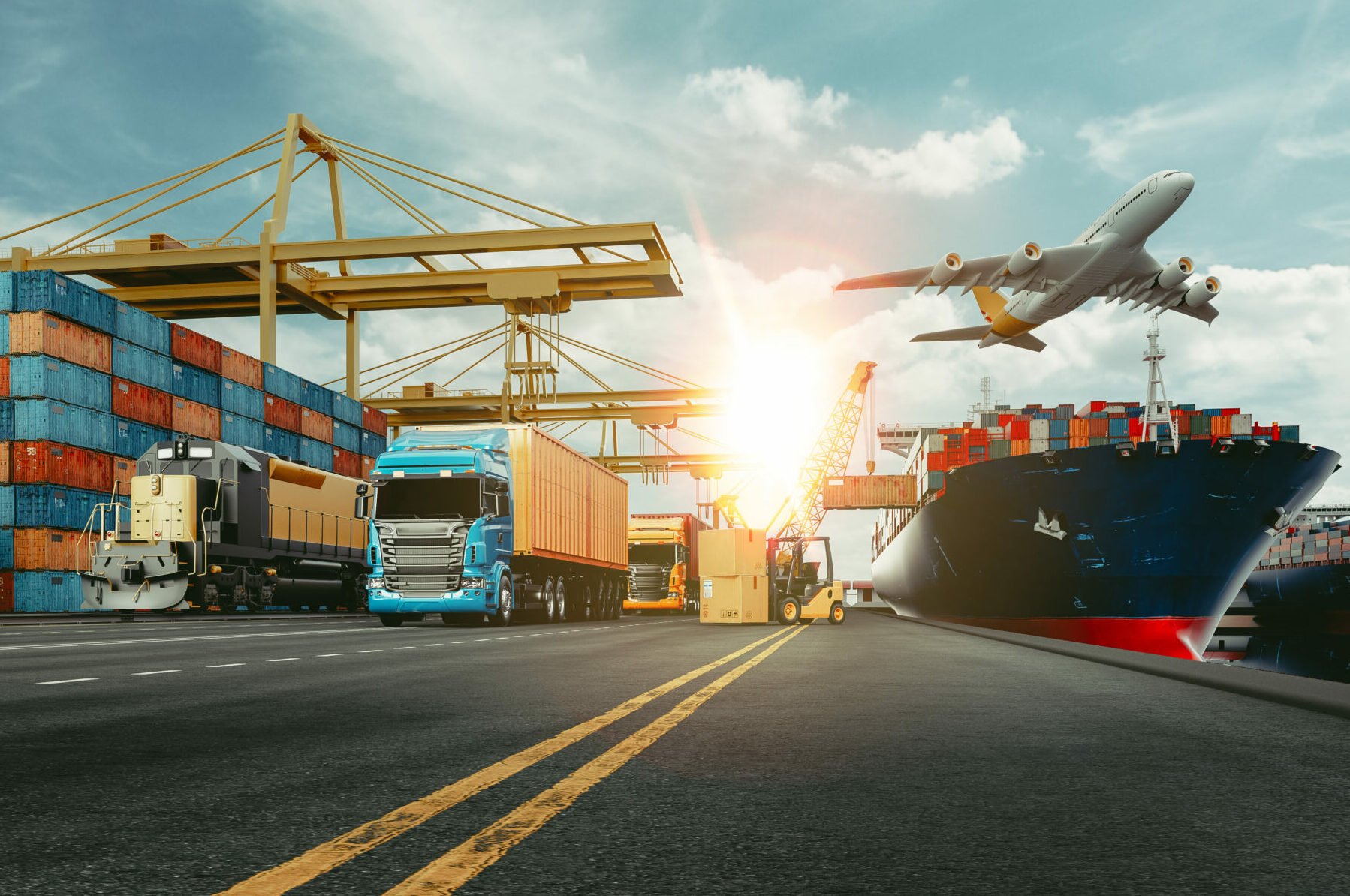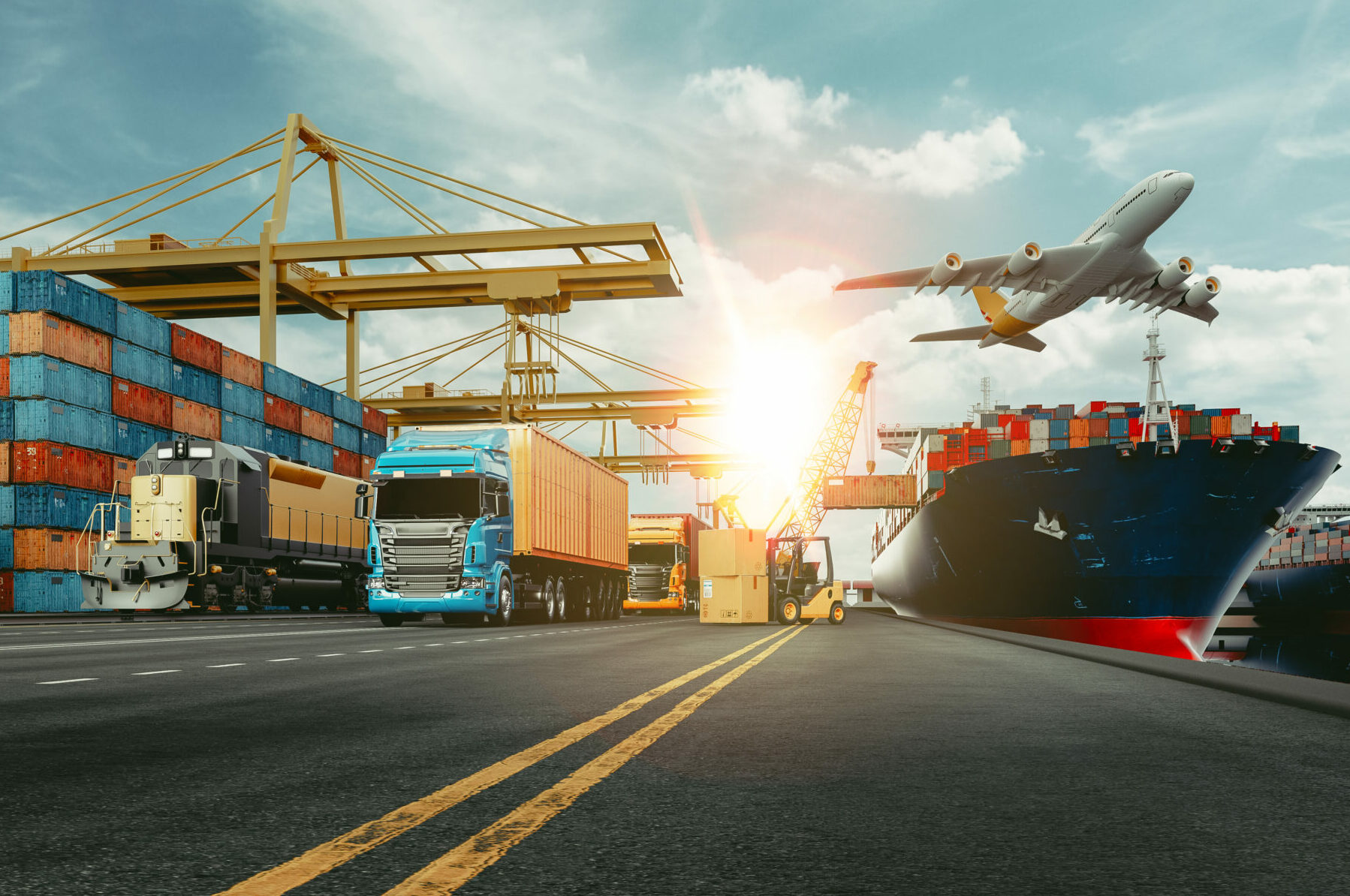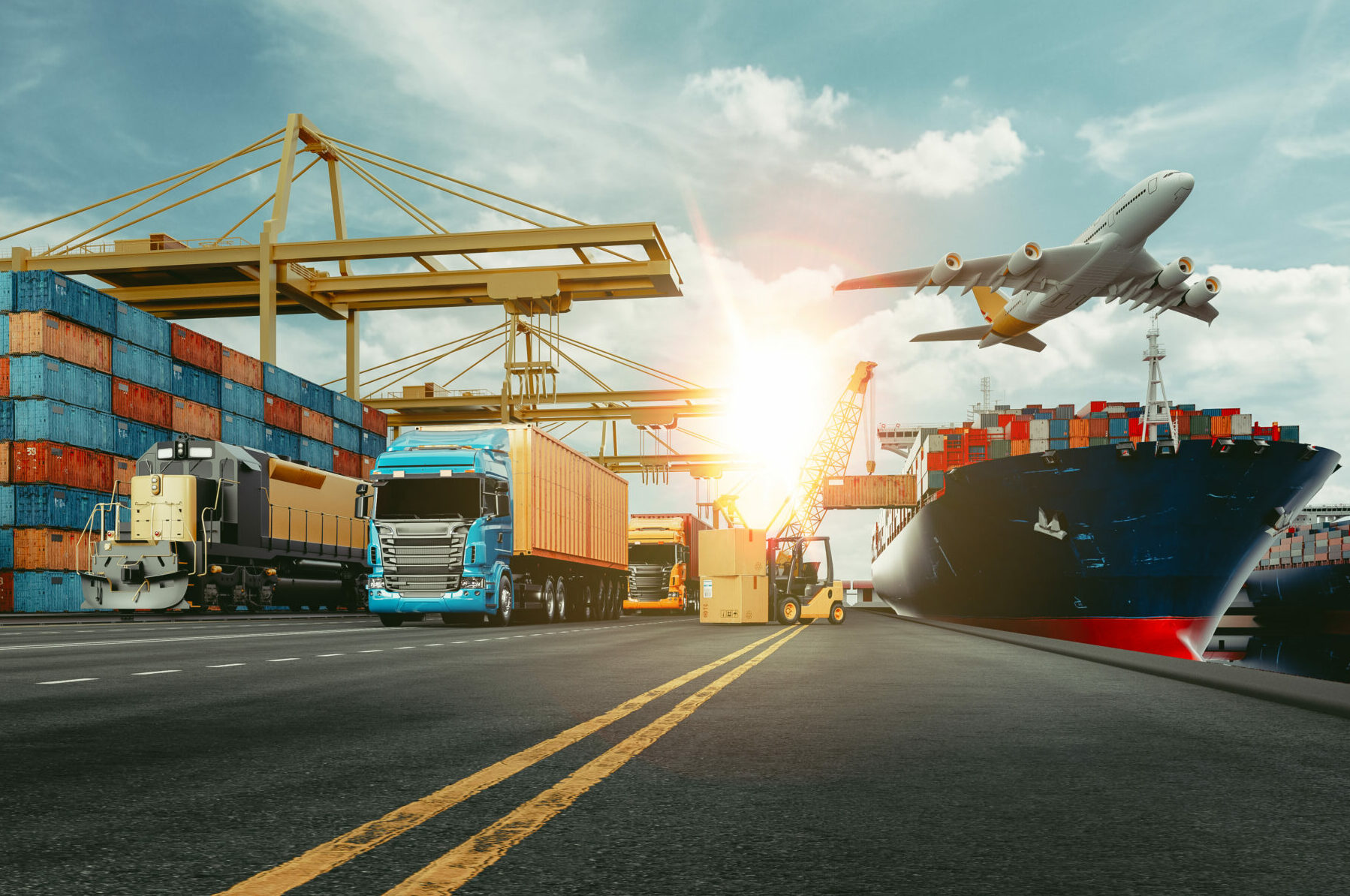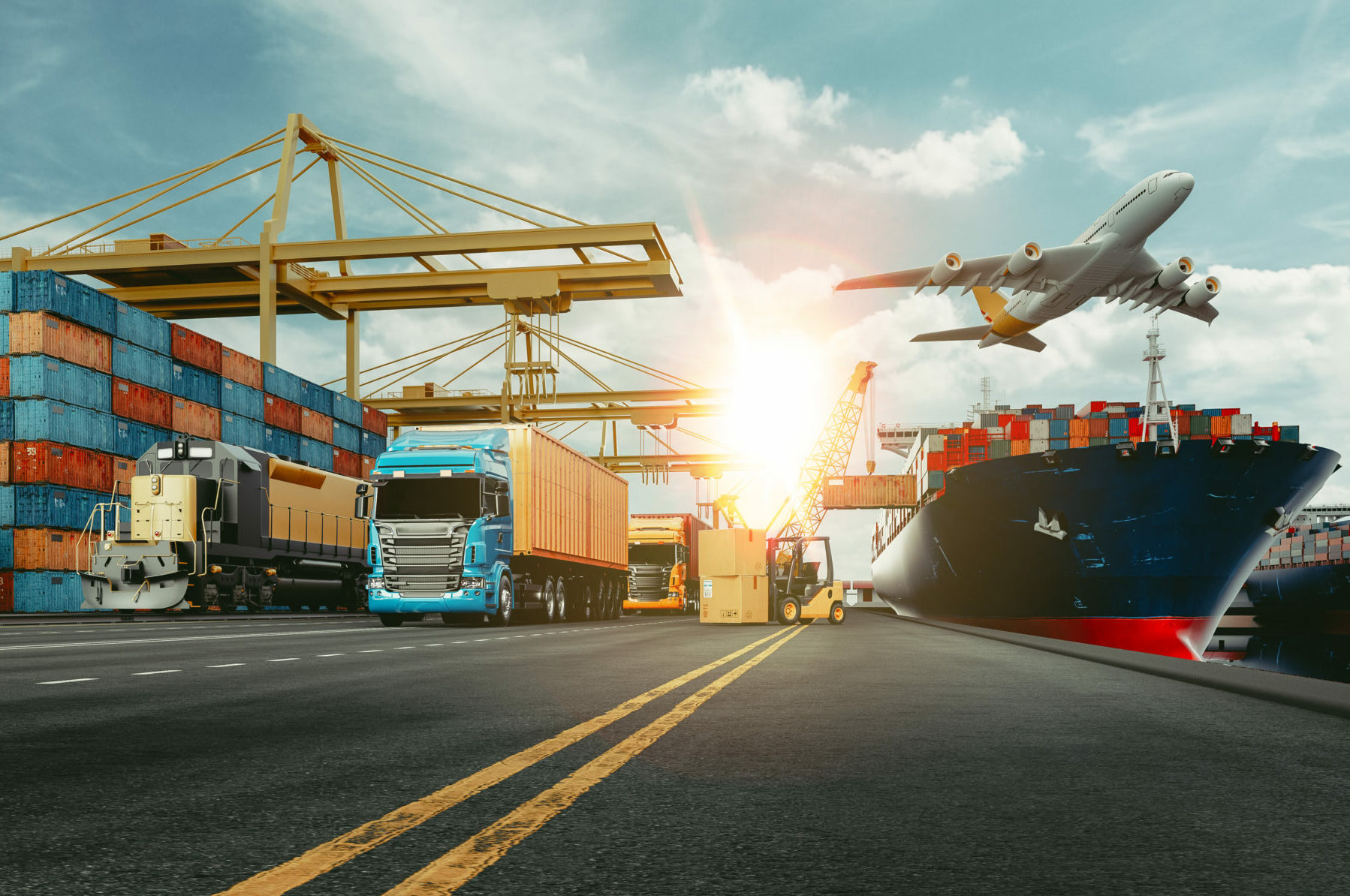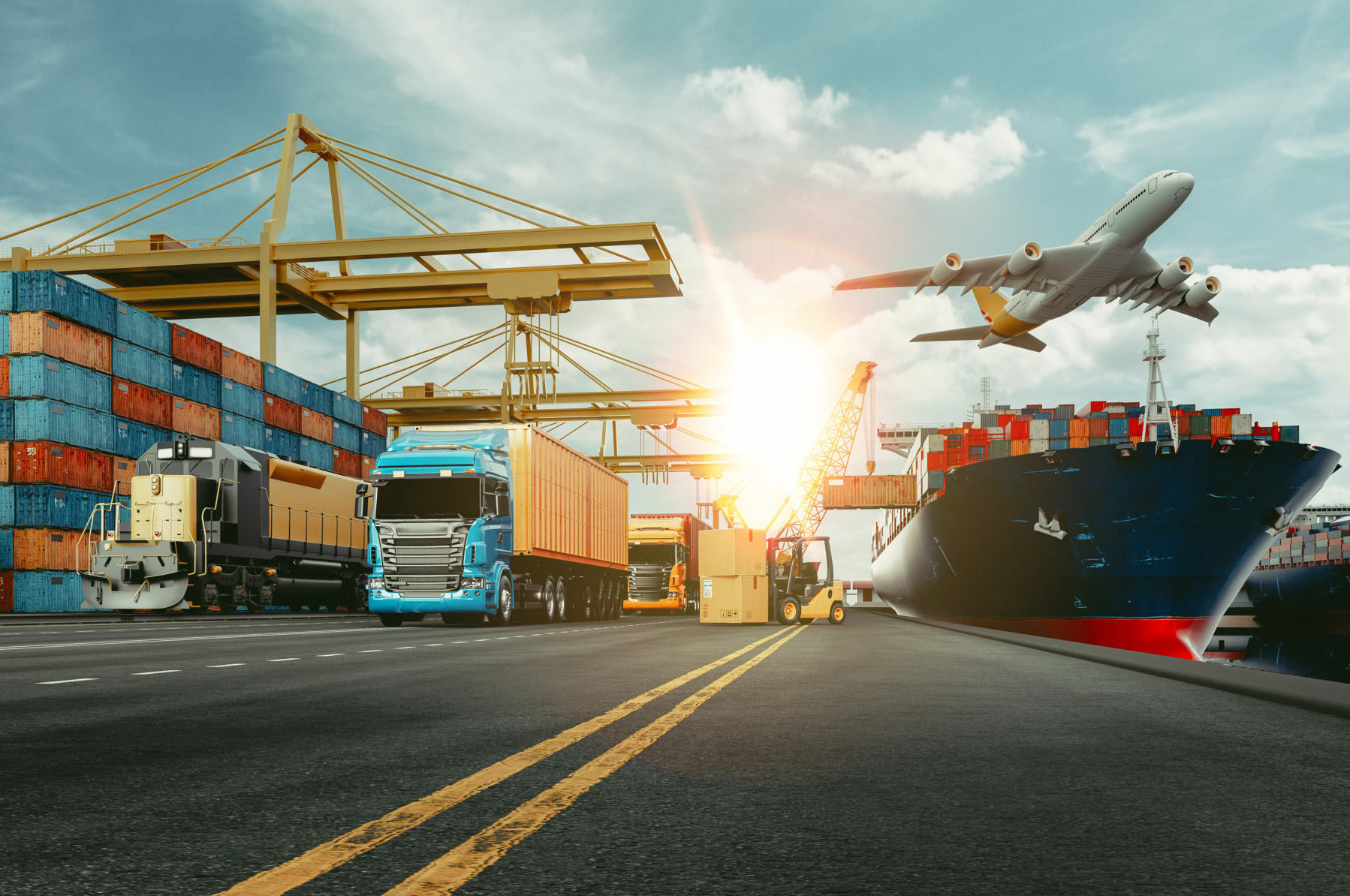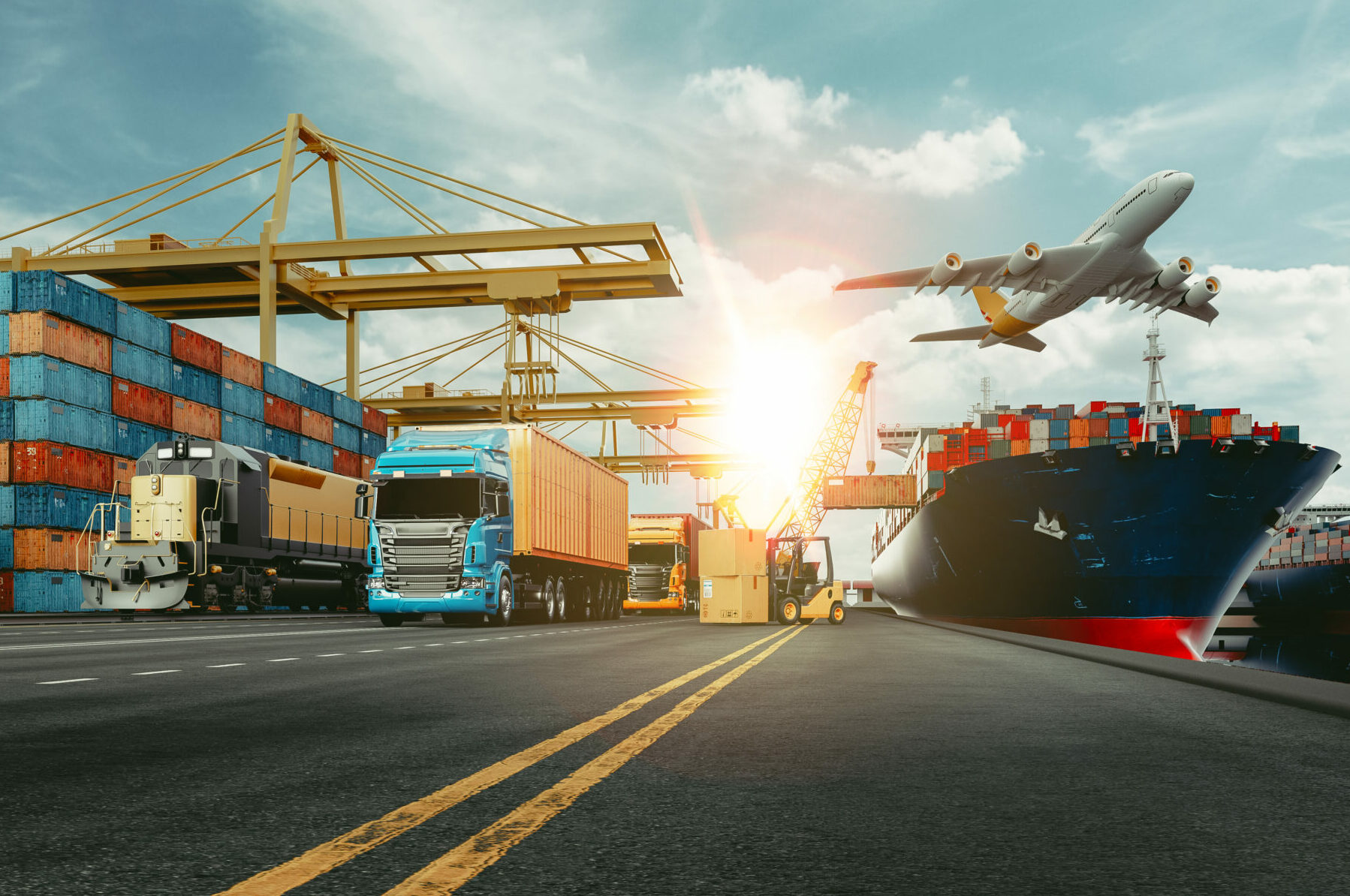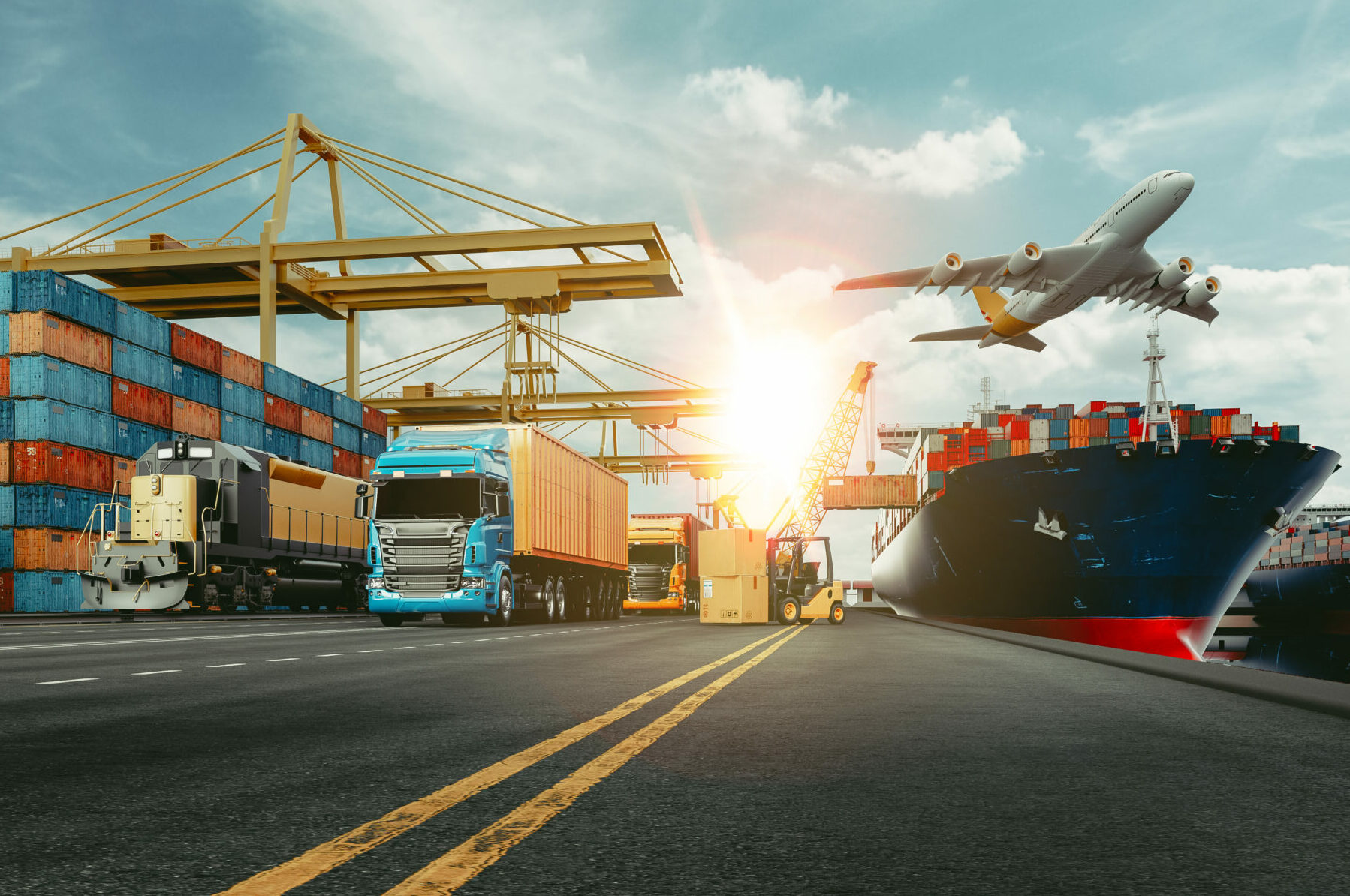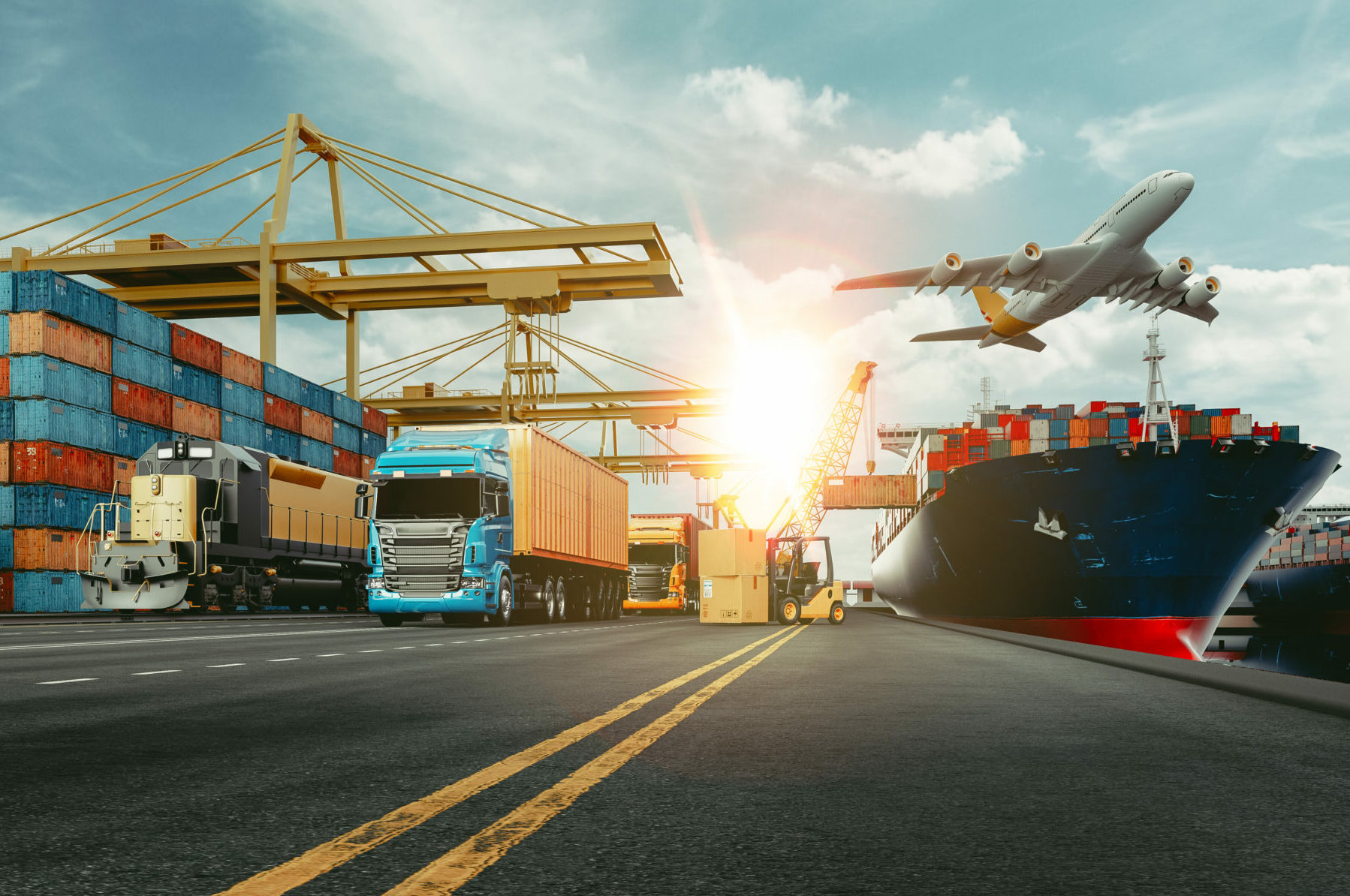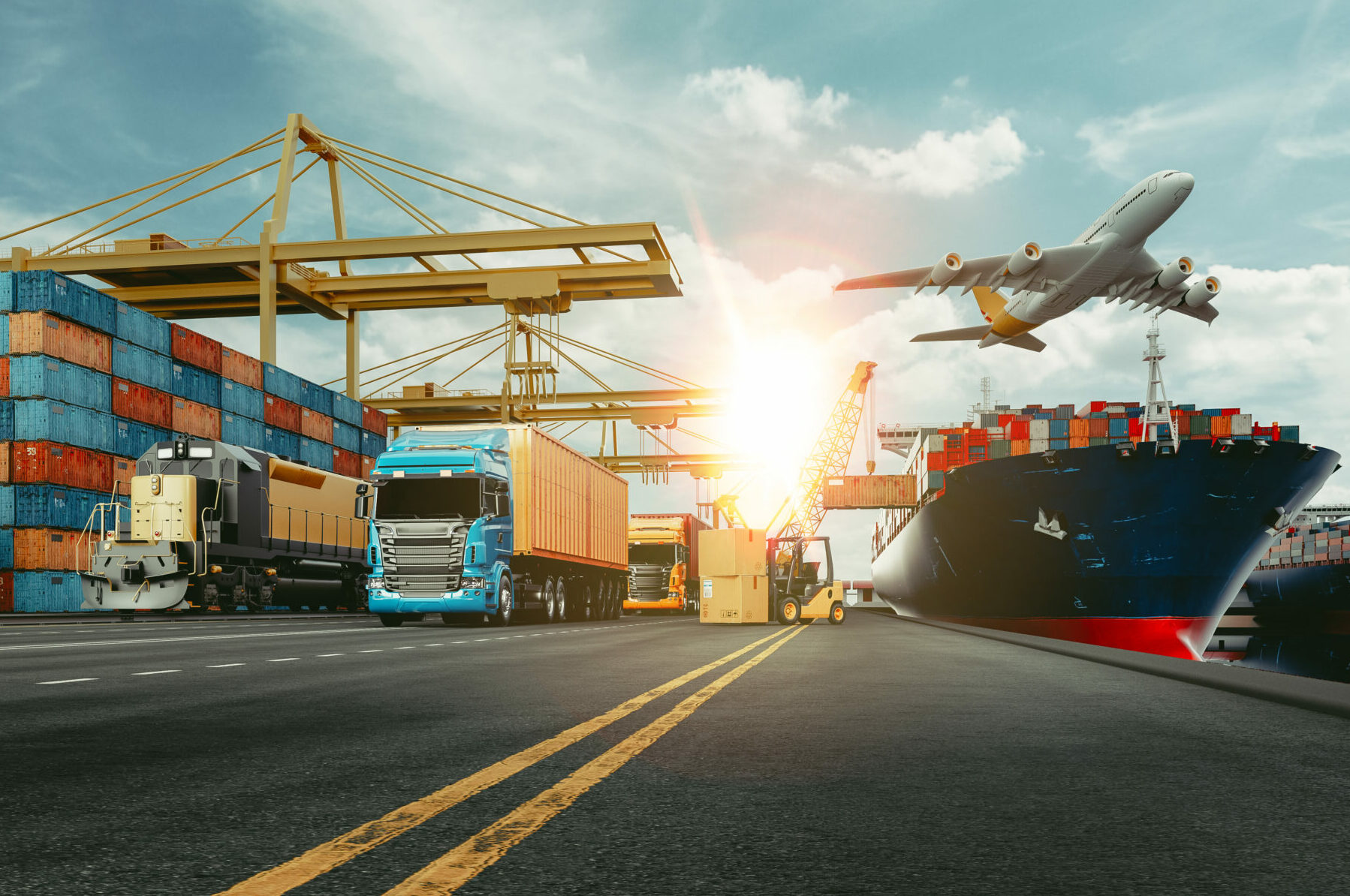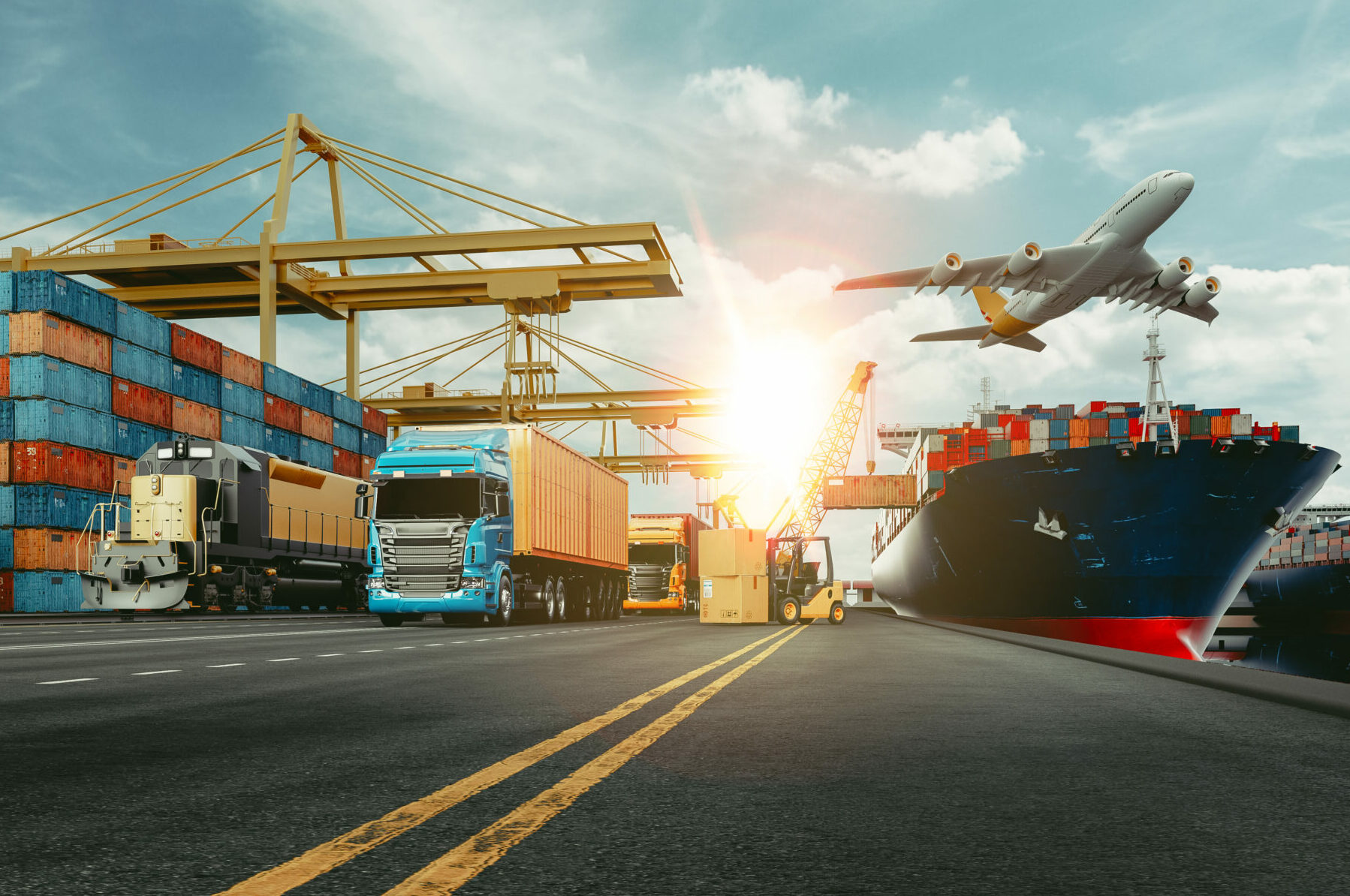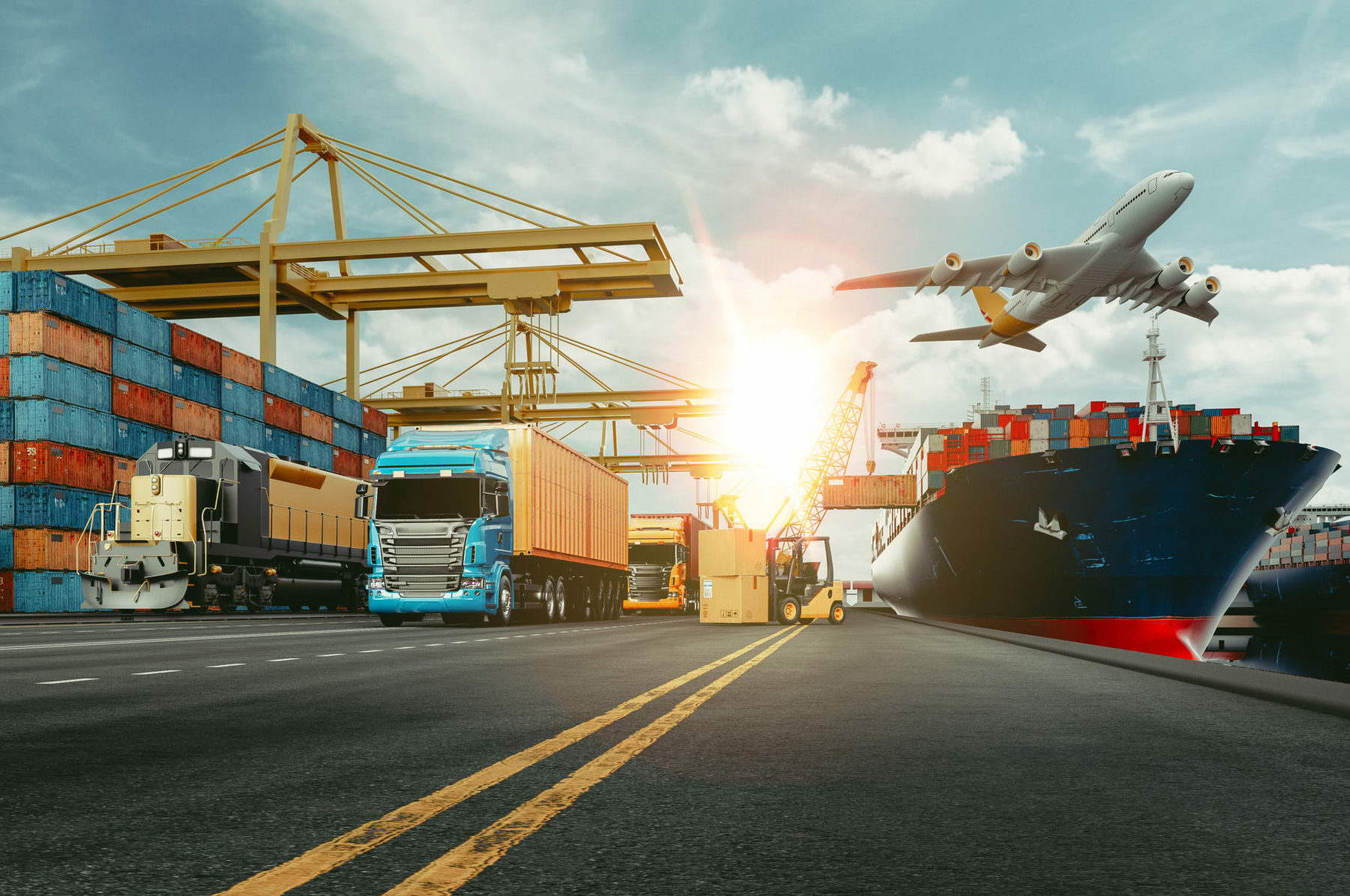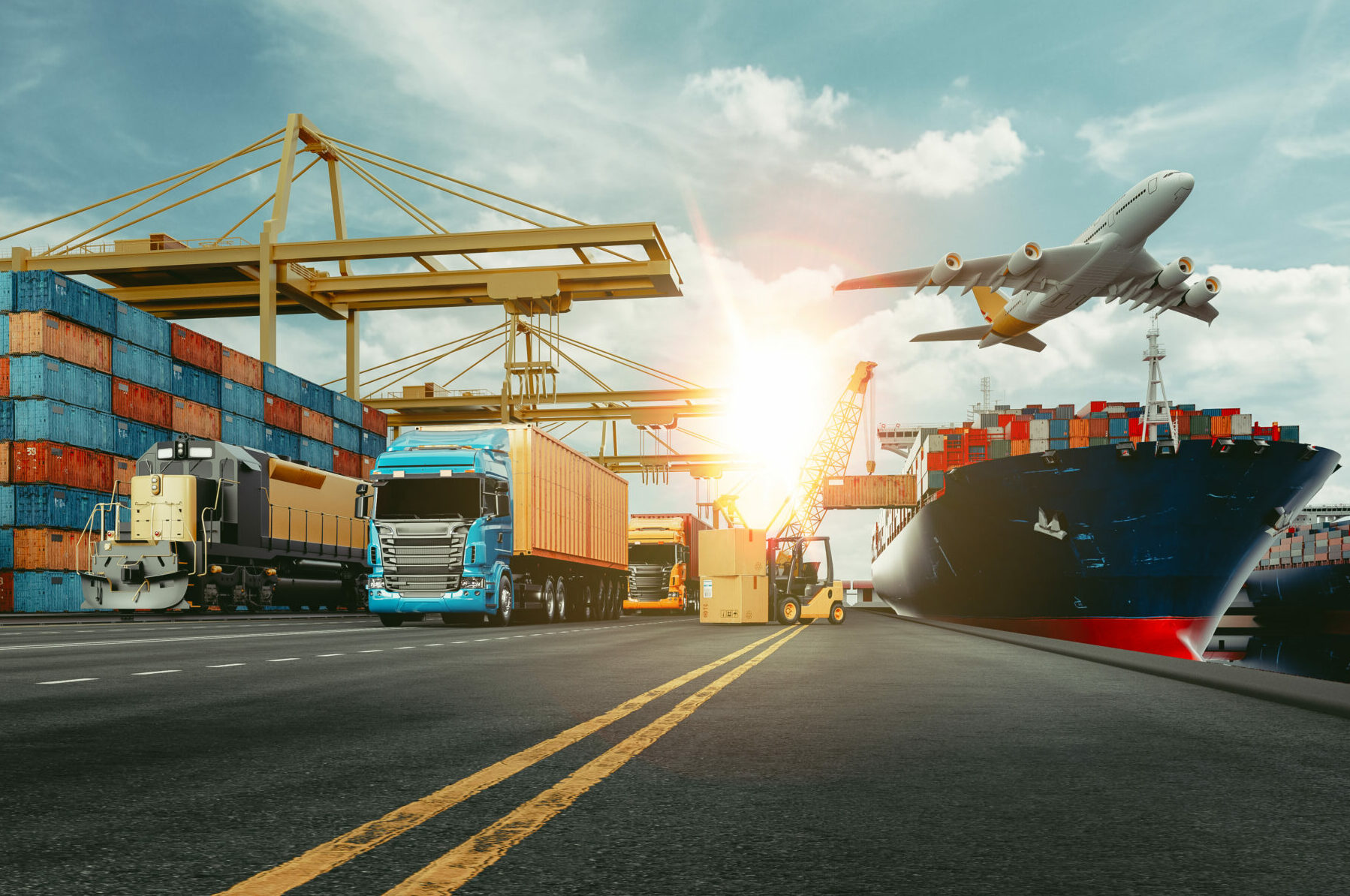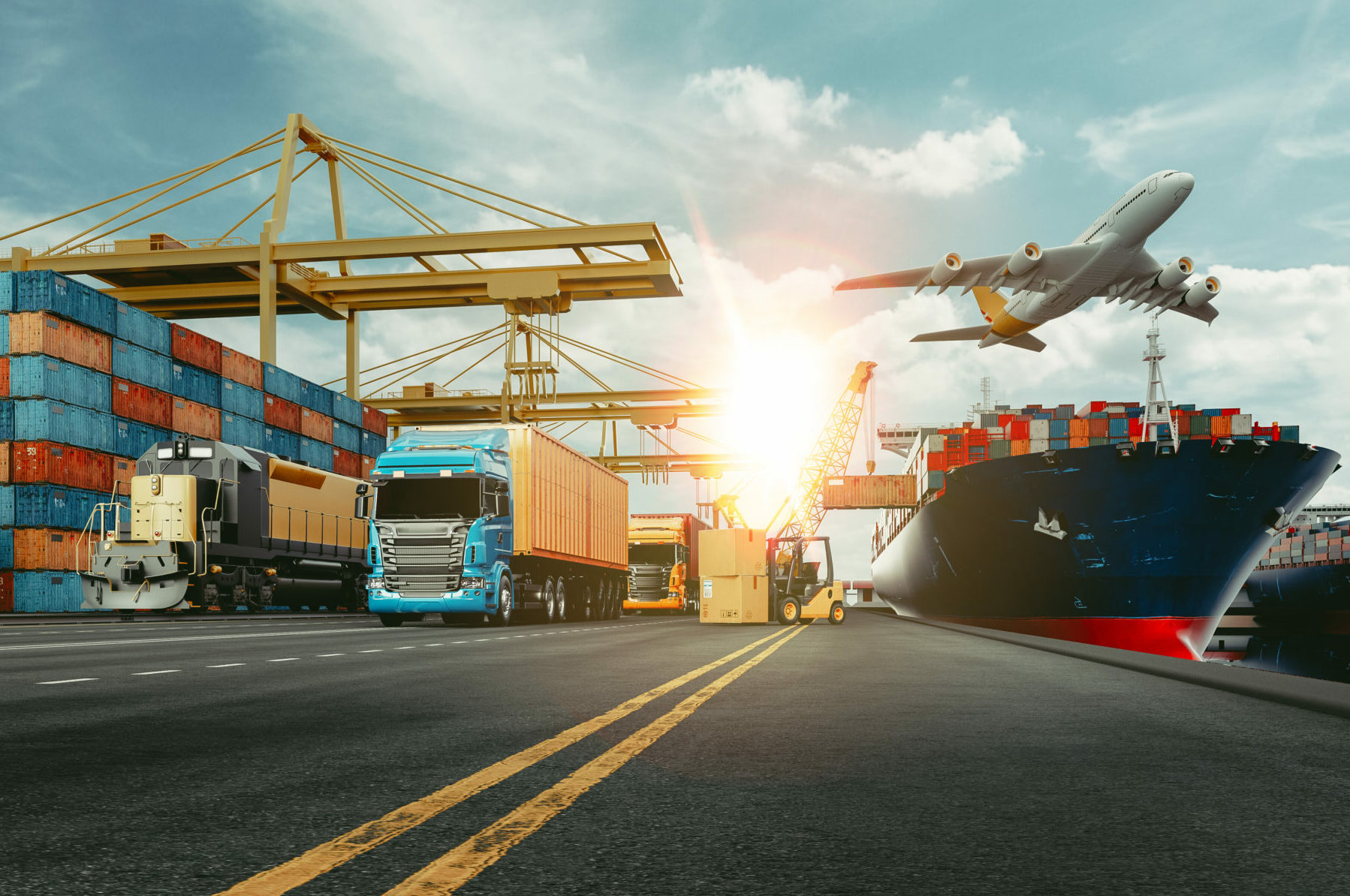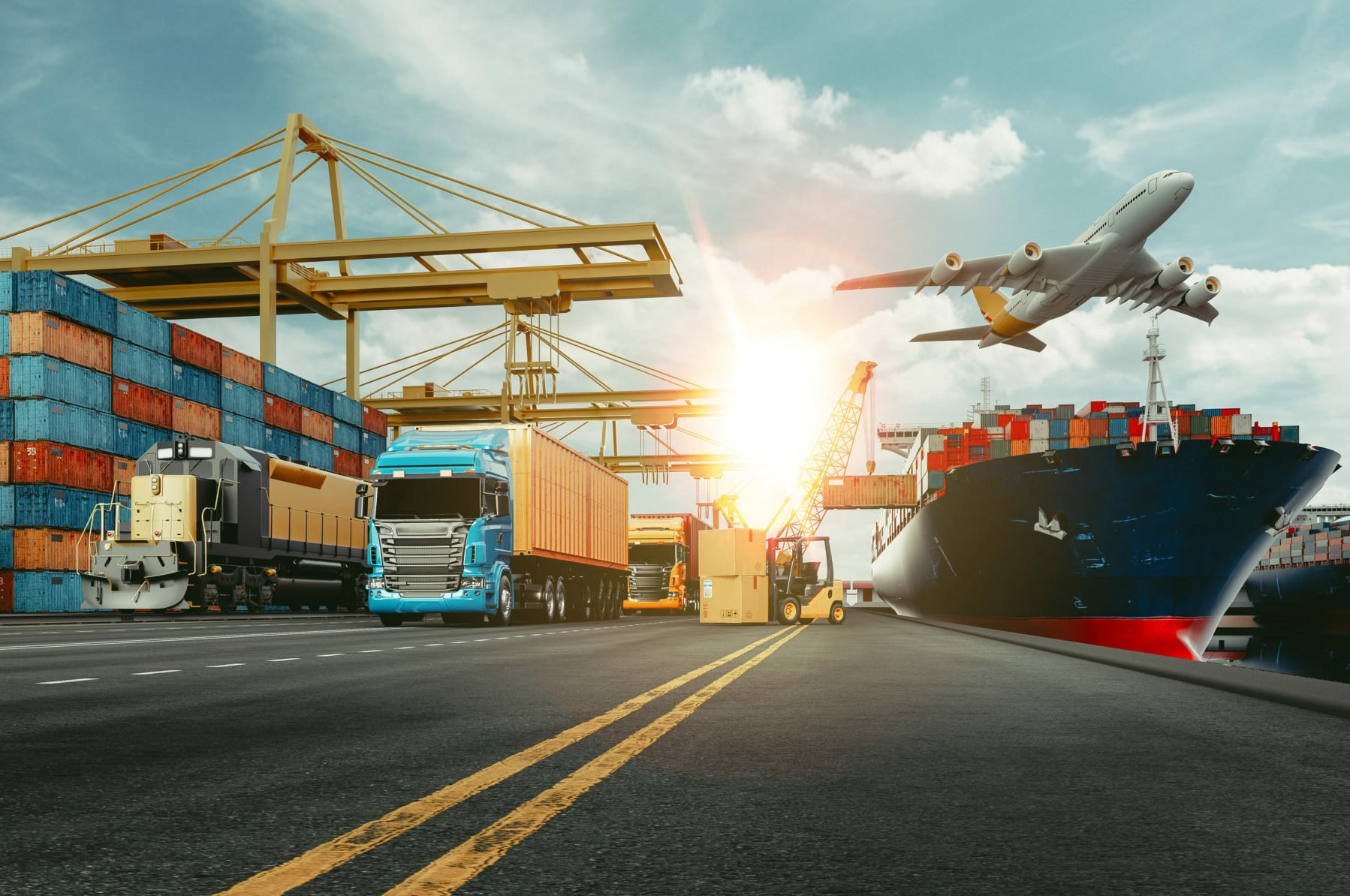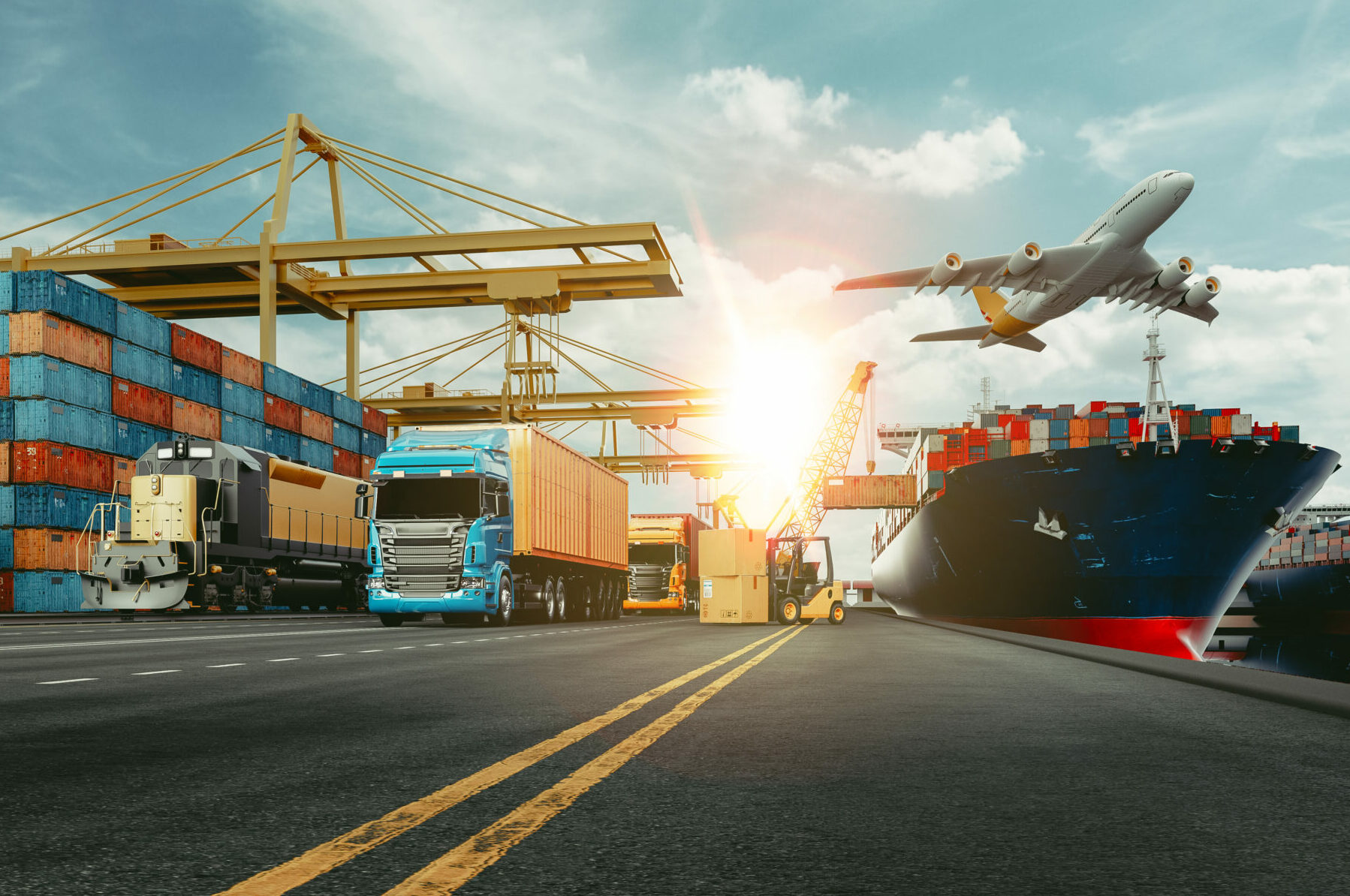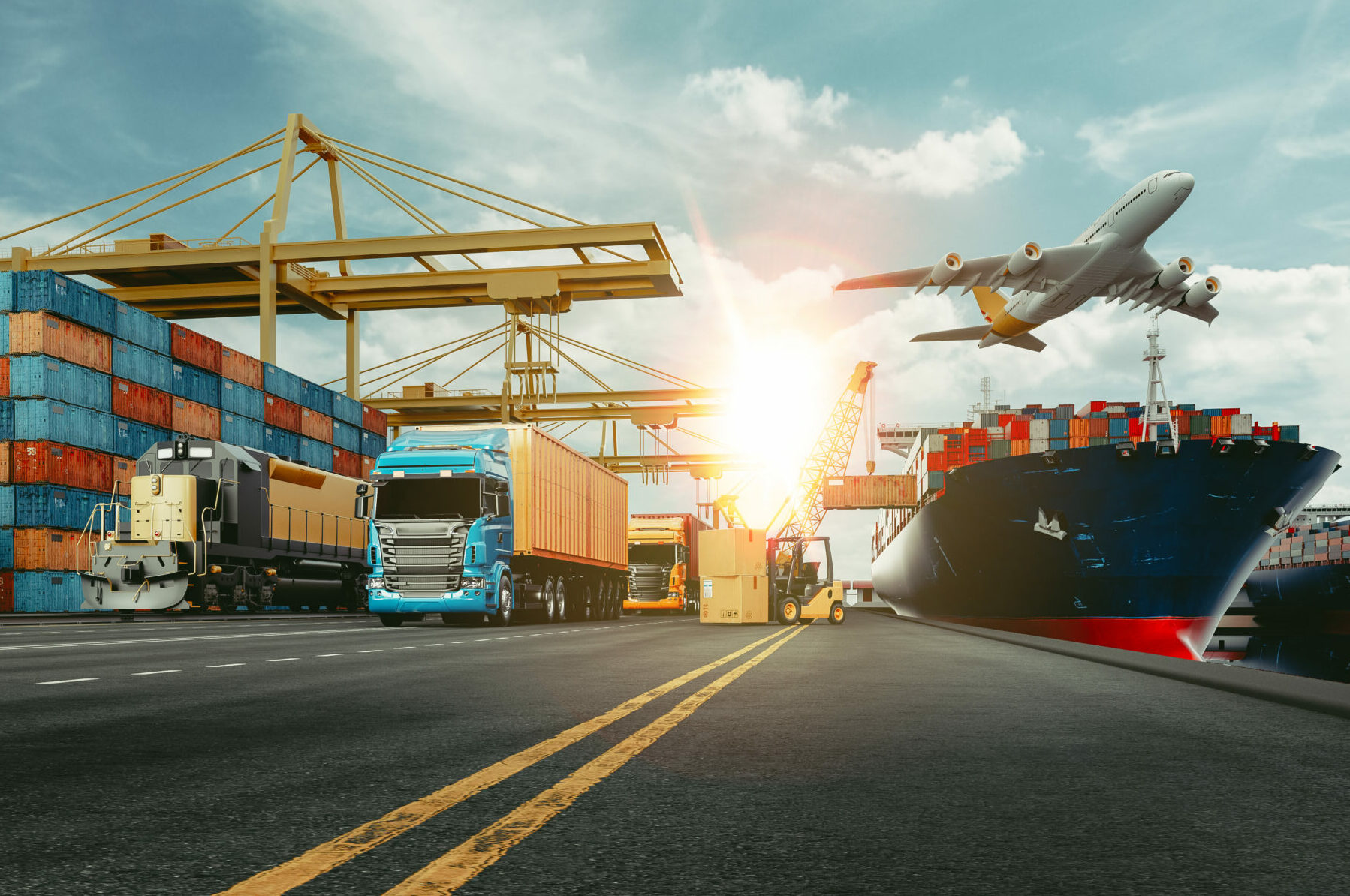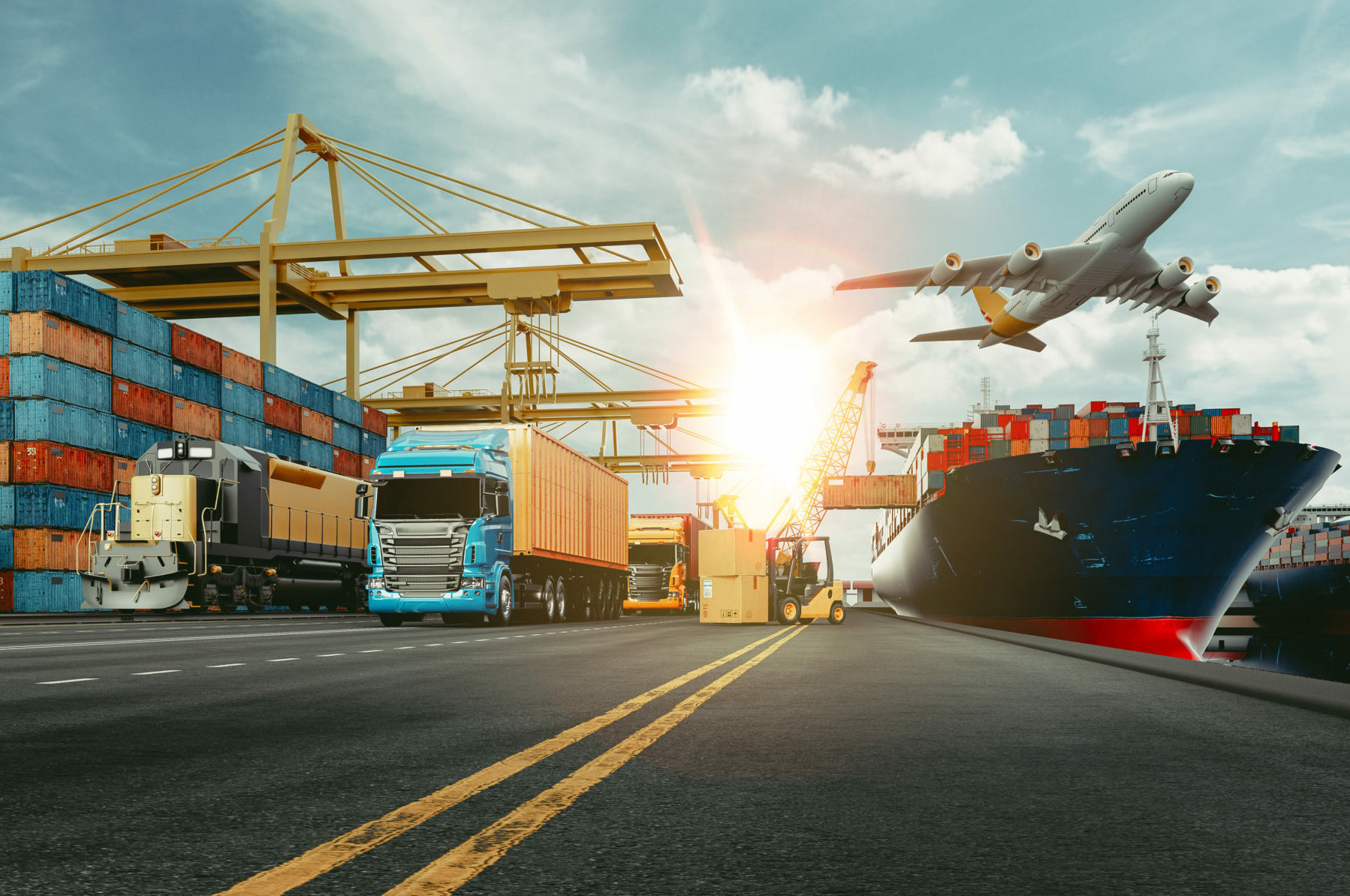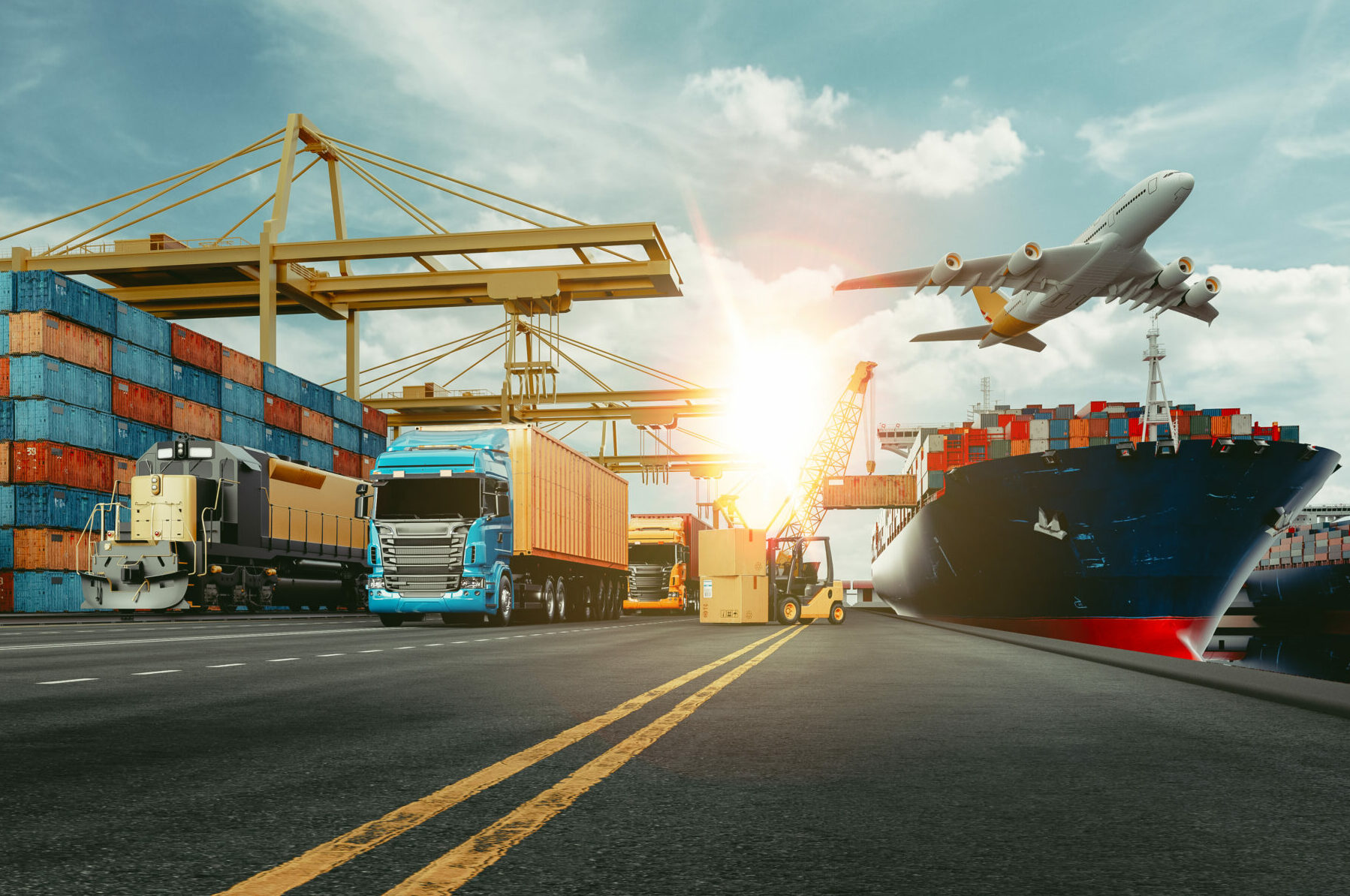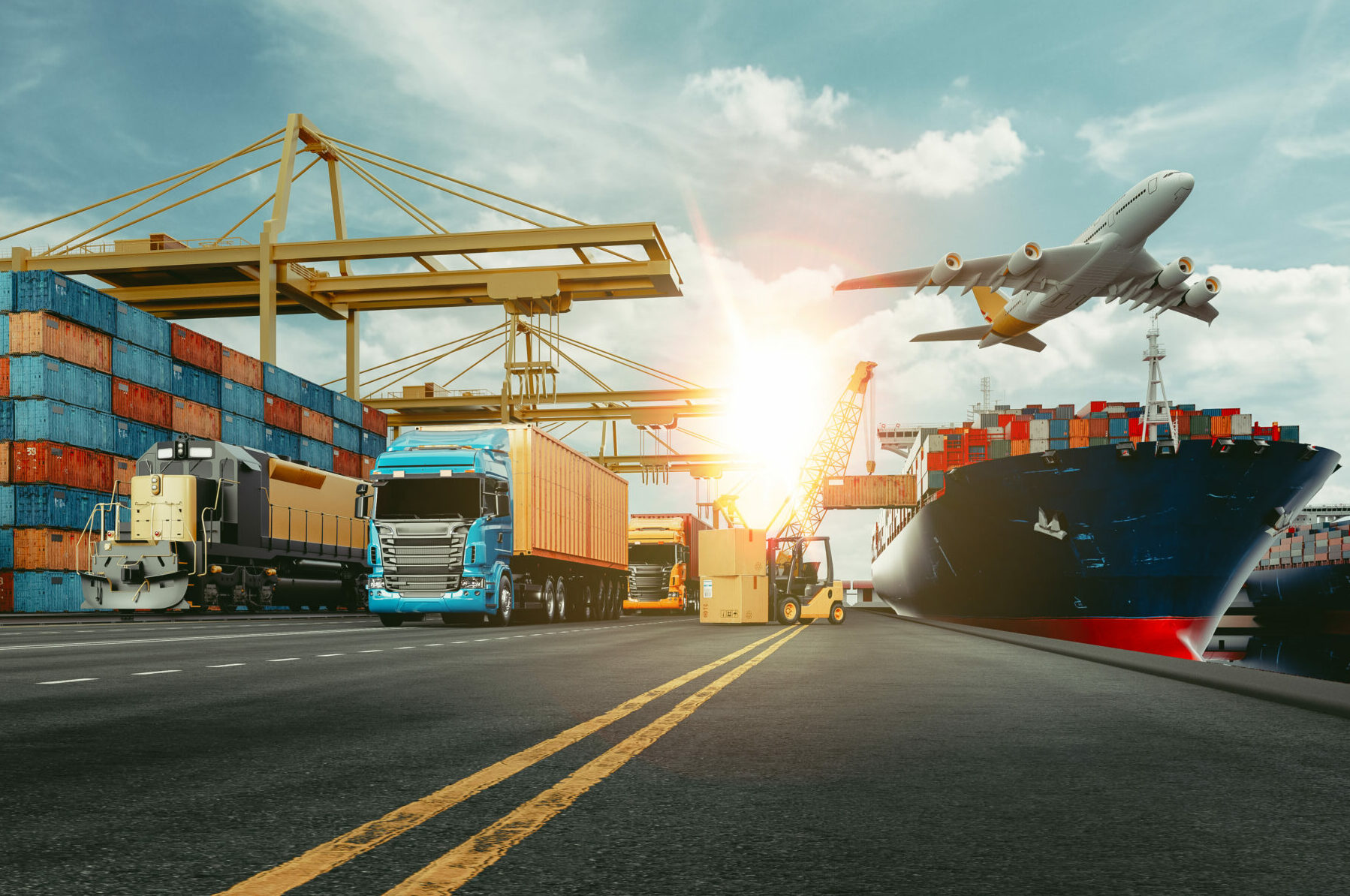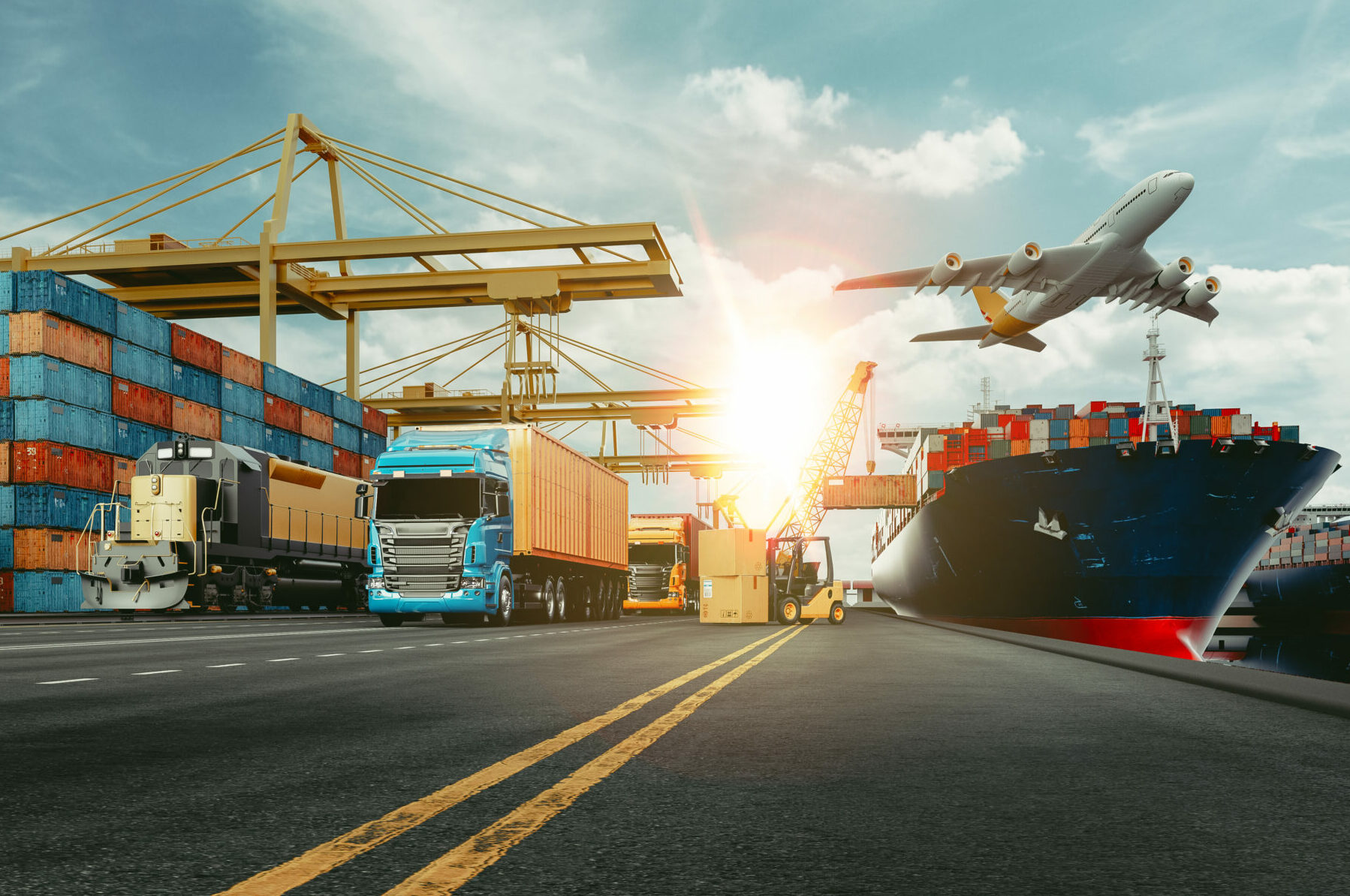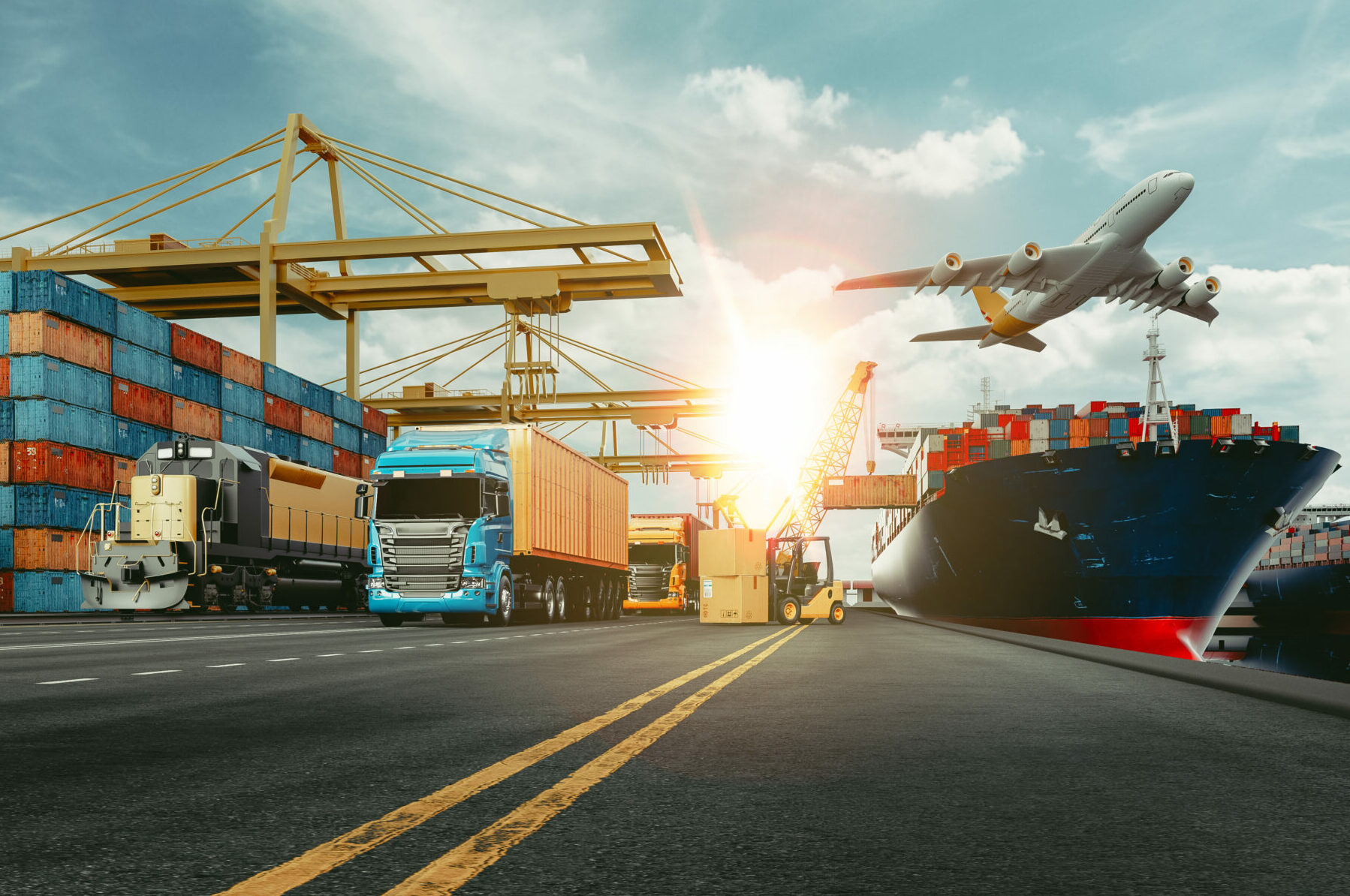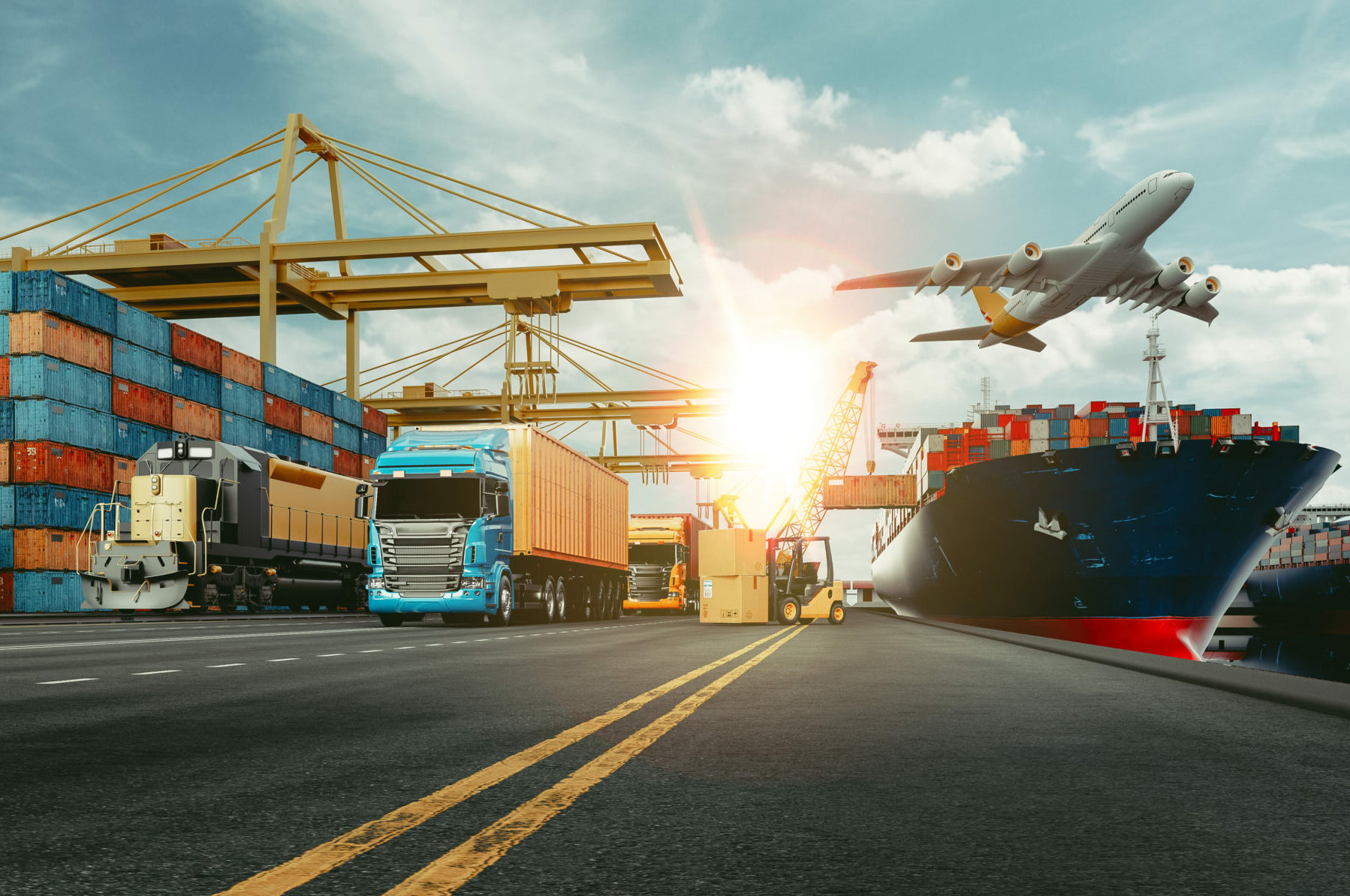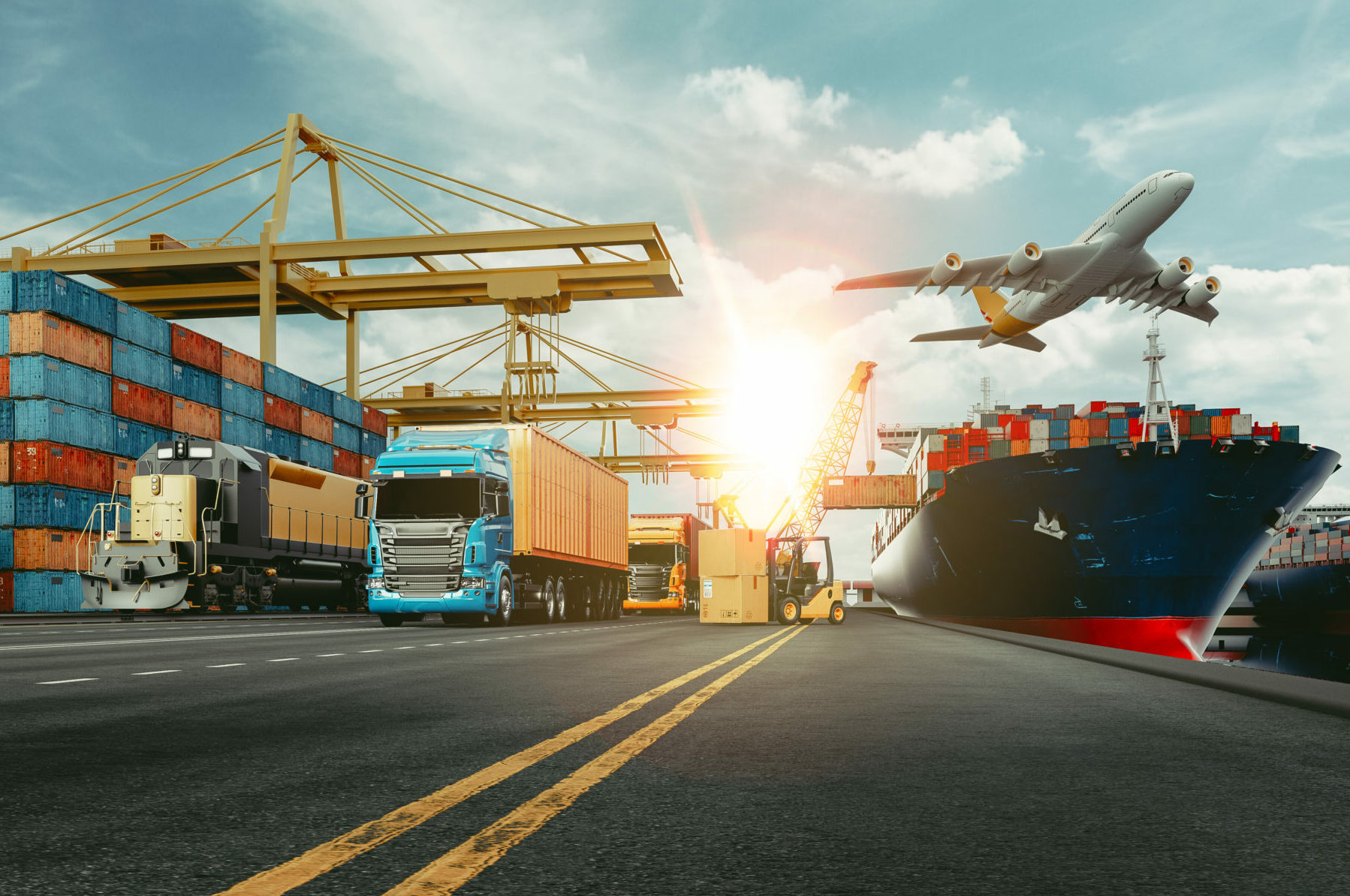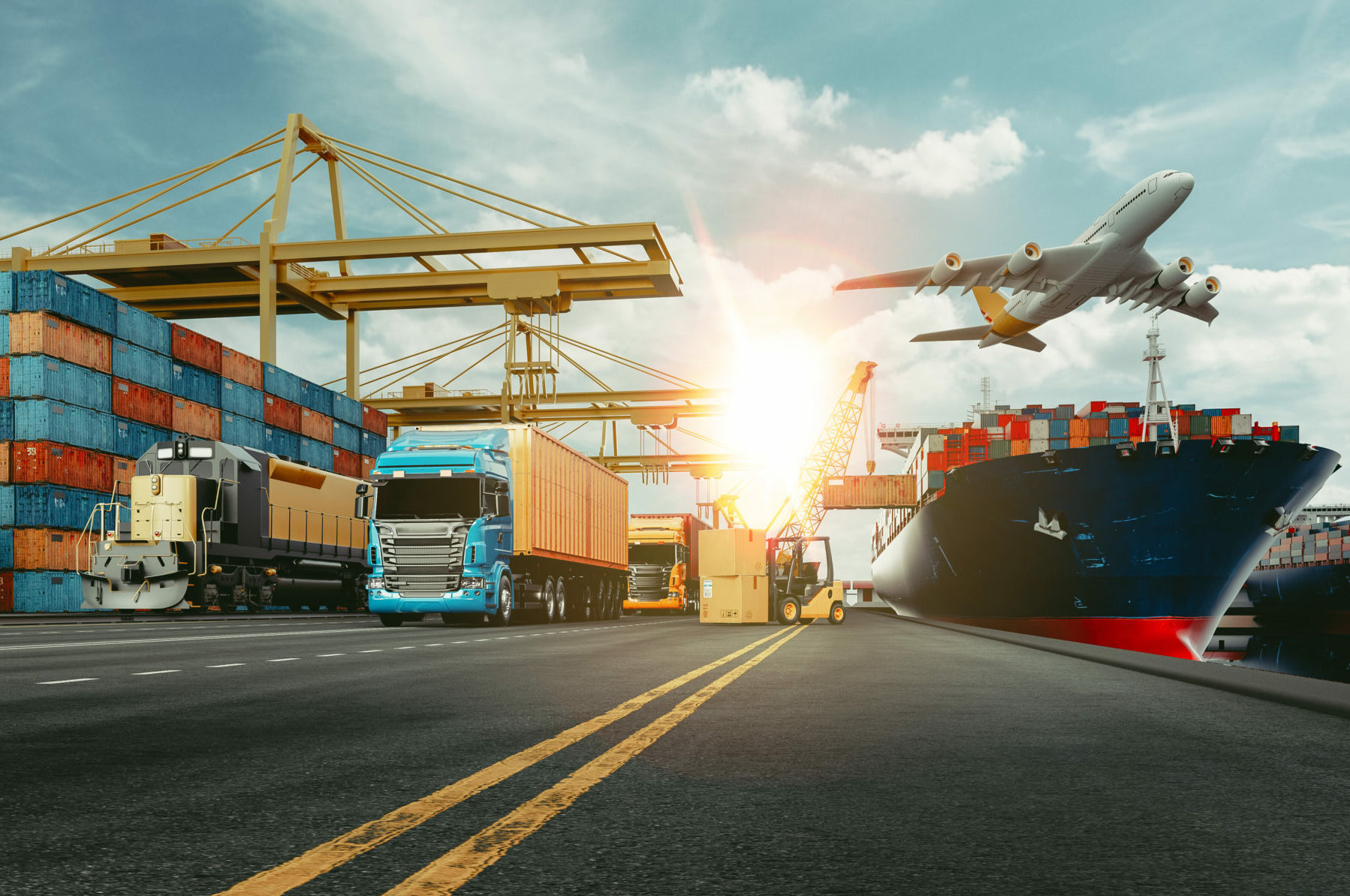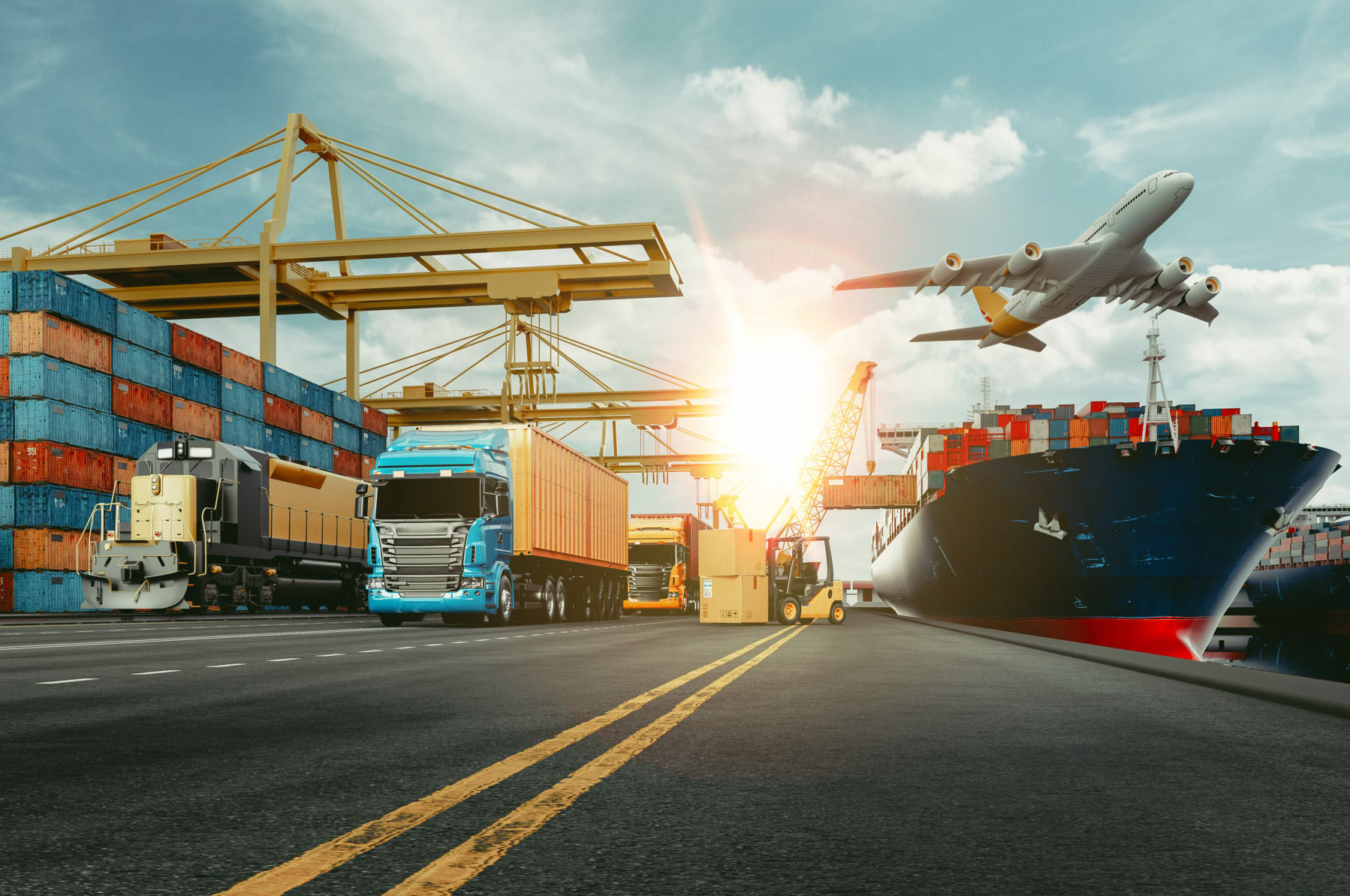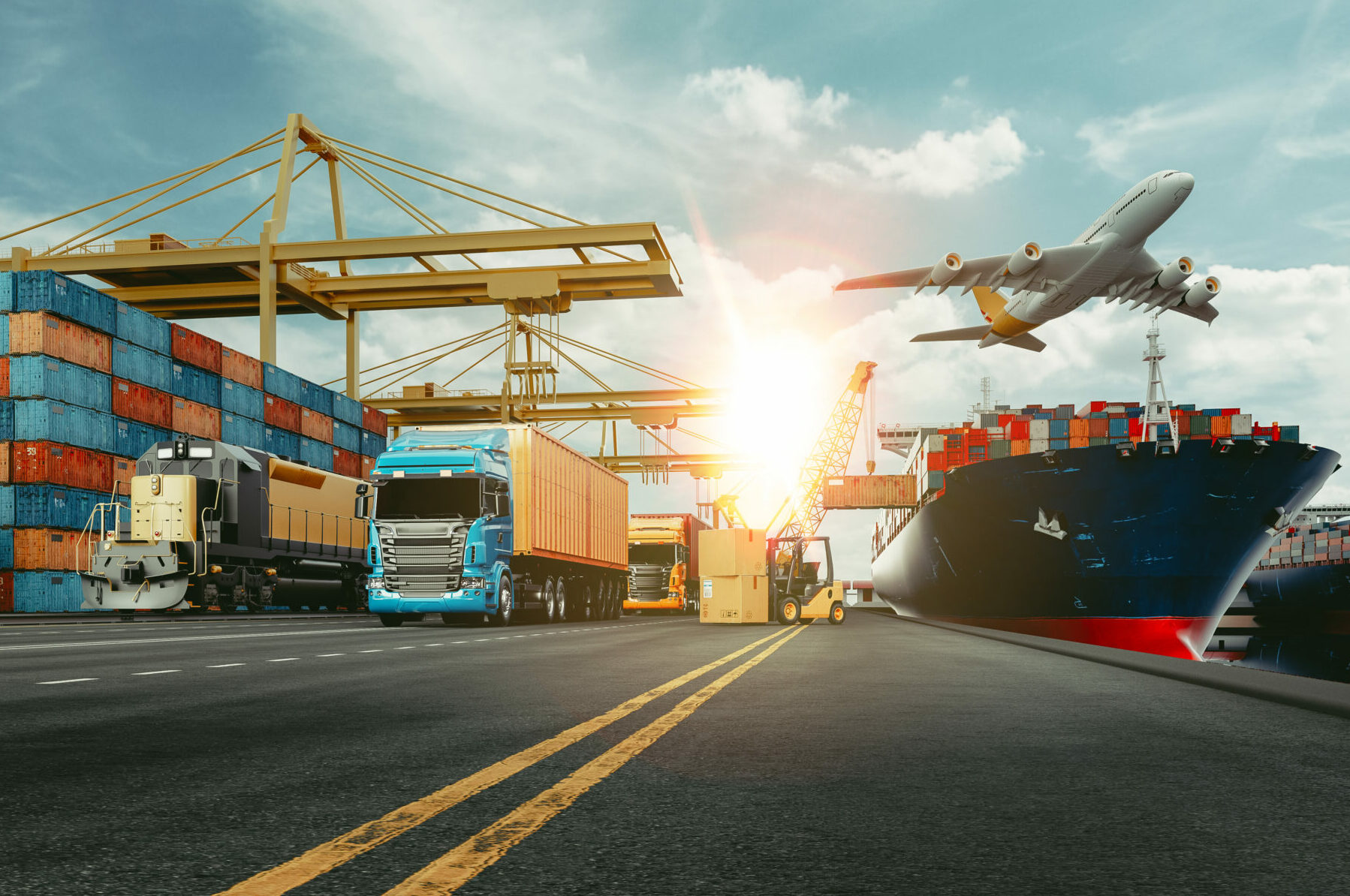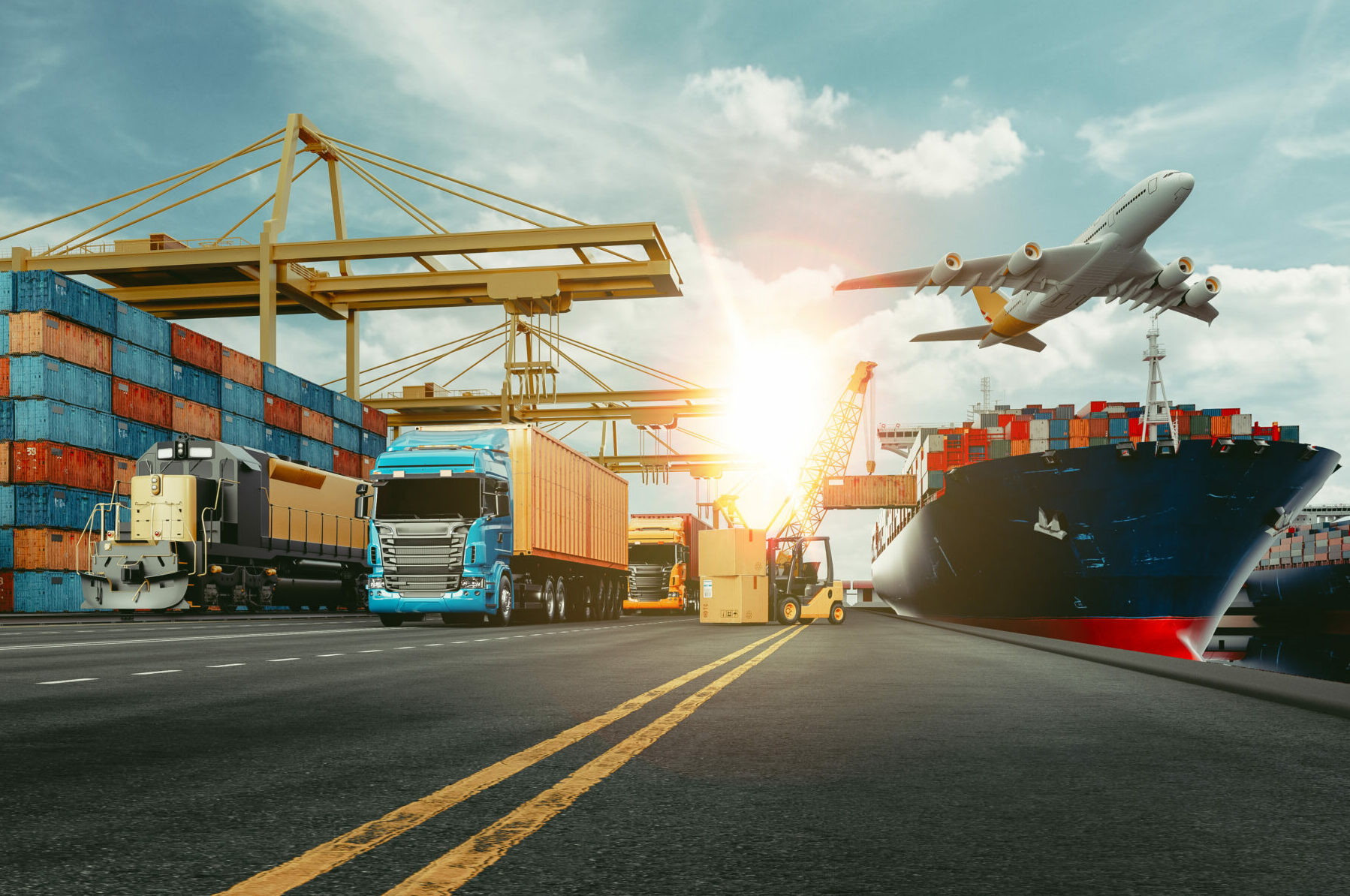The cargo forwarding industry handles billions of pounds worth of goods annually, with high-value cargo presenting unique risks and challenge…
International Air Cargo Networks Freight Insurance: Complete Guide
In today's interconnected global economy, international air cargo networks form the backbone of rapid goods movement across continents. From pharmaceutical products requiring temperature-controlled environments to high-value electronics and time-sensitive manufacturing components, air freight handles some of the world's most critical shipments. However, the speed and complexity of international air cargo operations also introduce significant risks that can result in substantial financial losses.
International air cargo networks freight insurance provides essential protection for businesses shipping goods via air transport across international borders. This specialized coverage addresses the unique challenges of air freight operations, including multiple handling points, customs clearance, ground transportation connections, and the involvement of numerous parties throughout the supply chain. Understanding the intricacies of this insurance is crucial for any business engaged in international trade.
What Is International Air Cargo Networks Freight Insurance?
International air cargo networks freight insurance is a specialized form of marine cargo insurance designed specifically for goods transported by air across international boundaries. Despite its name referencing "marine" insurance, this coverage has evolved to encompass all forms of cargo transport, including air freight.
This insurance protects the financial interest of shippers, consignees, or other parties with an insurable interest in the cargo against physical loss or damage occurring during the international air transport journey. The coverage typically extends from the point of origin through to the final destination, including ground transportation segments that connect to air freight operations.
Core Coverage Components
Physical Loss or Damage
The primary coverage protects against physical loss or damage to cargo during transit. This includes damage from aircraft accidents, turbulence, improper handling during loading and unloading, warehouse incidents at transit points, and damage during ground transportation segments connecting to air freight.
Theft and Pilferage
Coverage extends to theft of entire shipments or pilferage of partial contents. Given the high value of many air cargo shipments and the multiple handling points in international networks, theft protection is particularly important.
General Average Contribution
While more commonly associated with maritime transport, general average principles can apply to air cargo in certain circumstances. The insurance covers the insured's share of general average contributions when cargo is sacrificed for the common safety of the venture.
Jettison and Washing Overboard
Though rare in air transport, emergency jettison of cargo can occur. The policy covers such losses when necessary for the safety of the aircraft and remaining cargo.
Fire and Explosion
Coverage includes damage from fire or explosion occurring during any phase of the journey, whether in the aircraft, at airport facilities, or during connecting ground transportation.
Natural Disasters
Protection against losses from earthquakes, lightning strikes, severe weather events, and other natural perils that may affect cargo during transit or while temporarily stored at transit points.
Collision and Overturning
Damage resulting from aircraft incidents, collisions involving ground transport vehicles, or overturning of transport equipment is covered under standard policies.
Scope of Coverage in International Air Networks
International air cargo insurance operates across a complex network involving multiple jurisdictions, carriers, and handling points. Understanding the geographical and temporal scope of coverage is essential for adequate protection.
Warehouse to Warehouse Coverage
Most comprehensive air cargo insurance policies operate on a "warehouse to warehouse" basis, providing continuous coverage from the moment goods leave the shipper's premises until they arrive at the consignee's destination. This includes all intermediate stages such as ground transportation to the departure airport, storage at origin airport facilities, the air journey itself, transit through connecting airports, and final ground delivery.
Multi-Modal Transport Protection
International air cargo shipments often involve multiple modes of transport. A typical journey might include truck transport to the airport, air freight across continents, and final delivery by road or rail. Quality insurance policies provide seamless coverage across all these transport modes without gaps in protection.
Transit Time Extensions
Standard policies typically include automatic extensions for delays beyond the control of the insured party. This might include coverage extensions due to weather delays, mechanical issues with aircraft, customs clearance delays, or force majeure events that interrupt the normal transit schedule.
Storage at Transit Points
Coverage extends to cargo while temporarily stored at airports, cargo terminals, and bonded warehouses during the ordinary course of transit. This protection is crucial given that international shipments may spend considerable time at hub airports awaiting connecting flights.
Unique Risk Factors in Air Cargo Networks
International air cargo operations face distinctive risks that differ significantly from other transport modes. Recognizing these risks helps businesses understand the importance of comprehensive insurance coverage.
Multiple Handling Points
Air cargo typically passes through numerous hands during its journey. Each transfer point represents an opportunity for damage, loss, or theft. Cargo may be handled by ground crews, warehouse personnel, customs officials, freight forwarders, and delivery drivers, multiplying the exposure to human error or negligent handling.
Temperature and Pressure Variations
Aircraft cargo holds experience significant temperature and pressure variations, particularly in non-climate-controlled sections. Sensitive goods such as pharmaceuticals, electronics, and certain food products face heightened risks from these environmental factors.
Security Concerns
High-value air cargo attracts criminal attention. International cargo networks, with their multiple jurisdictions and varying security standards, can present vulnerabilities. Organized theft rings often target air cargo facilities, particularly for electronics, pharmaceuticals, and luxury goods.
Regulatory Compliance Complexity
International air shipments must comply with regulations from multiple countries, aviation authorities, and customs agencies. Non-compliance can result in cargo seizure, destruction, or significant delays that may damage perishable goods.
Documentation Errors
The complexity of international shipping documentation creates opportunities for errors that can lead to misrouting, delays, or customs issues. While insurance may not cover losses from documentation errors directly, the resulting delays can cause consequential damage to cargo.
Carrier Liability Limitations
International air carriers operate under liability conventions such as the Montreal Convention, which strictly limits carrier liability to approximately £17-20 per kilogram. For high-value cargo, this limitation means carrier liability covers only a fraction of actual value, making comprehensive insurance essential.
Types of Air Cargo Insurance Policies
Businesses engaged in international air freight can choose from several policy structures depending on their shipping frequency and needs.
Single Shipment Policies
These policies cover individual shipments and are suitable for businesses that ship infrequently or have occasional high-value shipments. While offering flexibility, single shipment policies typically cost more per shipment than annual arrangements.
Open Cover Policies
Also known as annual policies, open cover arrangements provide automatic coverage for all shipments made during the policy period. This approach offers convenience, cost efficiency, and ensures no shipment goes uninsured due to oversight. Open cover policies are ideal for businesses with regular international air freight activities.
Contingency Insurance
This specialized coverage protects against gaps in primary insurance. Contingency policies activate when the primary carrier's insurance or the consignee's insurance fails to respond adequately. This coverage is particularly valuable in complex international transactions involving multiple parties.
All Risks vs Named Perils
All risks policies provide the broadest coverage, protecting against all causes of loss except those specifically excluded. Named perils policies cover only losses from specifically listed causes. For international air cargo, all risks coverage is generally recommended due to the diverse range of potential exposures.
Common Exclusions and Limitations
Understanding what air cargo insurance does not cover is as important as knowing what protection it provides. Standard policies typically exclude certain risks and circumstances.
Standard Exclusions
Inherent Vice: Losses arising from the nature of the goods themselves, such as spontaneous combustion, decay, or deterioration, are typically excluded. Proper packaging is expected to prevent such losses.
Inadequate Packaging: Damage resulting from insufficient or inappropriate packaging is generally not covered. Shippers must ensure cargo is packaged to withstand the rigors of air transport and handling.
Delay: Standard policies exclude losses arising purely from delay, even if the delay is caused by an insured peril. However, consequential damage to cargo resulting from an insured event during a delay may be covered.
War and Strikes: Basic policies often exclude losses from war, civil unrest, strikes, and similar events. Separate war risk coverage can be purchased if needed.
Willful Misconduct: Losses caused by intentional acts of the insured party or their employees are excluded.
Ordinary Leakage and Wear: Normal loss in weight or volume, and ordinary wear and tear during transit are not covered.
Insolvency of Carriers: Losses arising from the financial failure of carriers or other parties in the supply chain are typically excluded.
Valuation and Sum Insured
Proper valuation of cargo is critical to ensuring adequate compensation in the event of loss. Under-insurance can leave businesses exposed to significant unrecovered losses.
Valuation Methods
Air cargo insurance typically values goods at their invoice value plus freight charges and insurance premium, often with an additional percentage (commonly 10%) to cover incidental costs and profit margin. This approach ensures the insured can replace lost goods and maintain business continuity without financial loss.
For goods without a commercial invoice, such as samples or personal effects, agreed value or market value at destination may be used. It's essential to document the valuation basis clearly in the insurance policy.
Currency Considerations
International transactions involve multiple currencies. Policies should specify the currency of coverage and how exchange rate fluctuations will be handled in the event of a claim. Some policies include automatic currency adjustment provisions.
The Claims Process for Air Cargo Insurance
Understanding the claims process helps ensure smooth resolution when losses occur. Prompt action and proper documentation are essential for successful claims.
Immediate Actions After Loss or Damage
Upon discovering loss or damage, the insured must immediately notify the insurance company or broker. Simultaneously, formal notice should be given to the carrier and any other liable parties. This preserves rights against all potentially responsible parties.
The cargo should be inspected by a qualified surveyor as soon as possible. Photographs and detailed documentation of damage should be collected before any disposal or repair. If goods are perishable or rapidly deteriorating, salvage actions should be taken to minimize loss, with all actions documented.
Required Documentation
Successful claims require comprehensive documentation including the original insurance policy or certificate, commercial invoice, packing list, air waybill, delivery receipt or non-delivery notification, survey report from an independent surveyor, photographs of damage, correspondence with carriers regarding the claim, and any other relevant documents such as temperature logs for sensitive cargo.
Claim Assessment and Settlement
The insurance company will appoint an adjuster or surveyor to assess the claim. They will verify coverage, determine the cause of loss, assess the extent of damage, and calculate the appropriate settlement amount. The insurer may pursue subrogation against carriers or other responsible parties to recover paid claims.
Timeframes
Claims should be submitted promptly, typically within specified timeframes outlined in the policy. Delays in notification can jeopardize coverage. Most policies require notice of loss within days of discovery, with full claim documentation following within weeks or months depending on policy terms.
Risk Management Best Practices
While insurance provides financial protection, implementing risk management practices reduces the likelihood of losses and can lower insurance costs.
Packaging Standards
Invest in quality packaging designed specifically for air transport. Use appropriate cushioning materials, ensure containers can withstand stacking and handling, and clearly mark fragile items and orientation requirements. For valuable cargo, consider tamper-evident packaging.
Carrier Selection
Choose reputable carriers and freight forwarders with proven track records in international air cargo. Verify their security certifications, insurance coverage, and handling procedures. Established carriers with robust networks typically offer more reliable service.
Documentation Accuracy
Ensure all shipping documentation is complete, accurate, and compliant with regulations. Errors can cause delays, misrouting, or customs issues that may damage cargo or increase exposure to loss.
Tracking and Monitoring
Utilize modern tracking technologies to monitor shipment location and condition in real-time. GPS tracking, temperature sensors, and shock indicators provide valuable data and enable rapid response to problems.
Security Measures
Implement security protocols including background checks for personnel handling cargo, secure storage facilities, surveillance systems, and controlled access to cargo areas. For high-value shipments, consider armed escorts or specialized secure transport services.
Factors Affecting Insurance Costs
Several variables influence the cost of international air cargo insurance. Understanding these factors helps businesses budget appropriately and identify opportunities for cost reduction.
Cargo Value and Type
Higher value shipments naturally incur higher premiums. The type of goods also matters significantly. High-theft items like electronics and pharmaceuticals command higher rates than less attractive cargo. Fragile items cost more to insure than durable goods.
Routes and Destinations
Routes through high-risk regions or to destinations with elevated theft, political instability, or poor infrastructure face higher premiums. Established routes with robust security typically cost less to insure.
Claims History
A business's claims history significantly impacts premiums. Frequent claims suggest higher risk and result in increased costs. Maintaining a clean claims record through effective risk management can reduce insurance expenses over time.
Coverage Scope
All risks coverage costs more than named perils policies. Additional coverages such as war risk, strikes, or extended storage increase premiums. Deductibles also affect cost—higher deductibles reduce premiums but increase out-of-pocket exposure.
Volume and Frequency
Businesses shipping frequently can negotiate better rates through open cover policies. Higher annual volumes typically qualify for volume discounts. Single shipment policies cost more per shipment than annual arrangements.
Regulatory and Compliance Considerations
International air cargo operations must navigate a complex regulatory landscape that directly impacts insurance requirements and coverage.
International Conventions
The Montreal Convention governs international air carrier liability, establishing standardized rules across signatory countries. This convention limits carrier liability to approximately Special Drawing Rights (SDR) 19 per kilogram unless higher value is declared and additional charges paid. Understanding these limitations underscores the necessity of comprehensive cargo insurance.
The Warsaw Convention, though largely superseded by the Montreal Convention, still applies in certain jurisdictions. Shippers must understand which convention applies to their specific routes and how it affects carrier liability and insurance requirements.
Customs and Import Regulations
Cargo must comply with customs regulations in all transit and destination countries. Non-compliance can result in seizure, fines, or destruction of goods. While insurance typically doesn't cover losses from regulatory violations, delays caused by customs inspections can lead to covered consequential damage for perishable goods.
Dangerous Goods Regulations
The International Air Transport Association (IATA) Dangerous Goods Regulations govern the air transport of hazardous materials. Shippers must properly classify, package, label, and document dangerous goods. Insurance policies may have special provisions or exclusions for hazardous cargo, and non-compliance with regulations can void coverage.
Security Regulations
International air cargo faces stringent security requirements from aviation authorities worldwide. Compliance with screening requirements, known shipper programs, and supply chain security initiatives is mandatory. Insurance providers may require evidence of security compliance as a condition of coverage for high-value shipments.
Technology and Modern Air Cargo Insurance
Technological advances are transforming international air cargo operations and insurance practices, creating new opportunities for risk management and claims processing.
Real-Time Tracking and Monitoring
Modern tracking technologies provide unprecedented visibility into cargo location and condition throughout the journey. GPS tracking, IoT sensors, and blockchain-based tracking systems enable real-time monitoring of temperature, humidity, shock, and location. This data helps prevent losses, provides evidence for claims, and enables rapid response when problems occur.
Predictive Analytics
Insurance companies increasingly use predictive analytics to assess risk more accurately. By analyzing historical data on routes, carriers, cargo types, and loss patterns, insurers can price policies more precisely and identify high-risk shipments requiring additional precautions.
Digital Documentation
Electronic air waybills (e-AWBs) and digital insurance certificates streamline documentation processes, reduce errors, and speed up claims processing. Blockchain technology promises to create immutable records of cargo movement and condition, potentially revolutionizing claims verification.
Automated Claims Processing
Some insurers now offer automated claims processing for straightforward losses. When sensor data confirms damage occurred during transit and documentation is complete, claims can be processed and settled rapidly without extensive manual review, improving customer experience and reducing administrative costs.
Selecting the Right Insurance Provider
Choosing an appropriate insurance provider is as important as selecting the right coverage. Several factors should guide this decision.
Financial Strength
Verify the insurer's financial stability through ratings from agencies like A.M. Best, Standard & Poor's, or Moody's. A financially strong insurer ensures claims will be paid even in challenging economic conditions or after major loss events.
International Experience
Select insurers with proven expertise in international air cargo. They should understand the complexities of cross-border shipments, have established claims networks in key markets, and be familiar with international conventions and regulations affecting air cargo.
Claims Service Quality
Research the insurer's reputation for claims handling. Fast, fair claims settlement is crucial when losses occur. Speak with other businesses about their claims experiences, and verify the insurer has surveyors and adjusters in the regions where you ship.
Coverage Flexibility
Choose insurers offering flexible coverage options that can be tailored to your specific needs. The ability to adjust coverage for different cargo types, routes, and values ensures optimal protection without paying for unnecessary coverage.
Risk Management Support
Leading insurers provide value beyond claims payment through risk management consulting, loss prevention advice, and training programs. These services help reduce losses and improve overall supply chain resilience.
Technology Capabilities
Modern insurers should offer digital platforms for obtaining certificates, tracking shipments, reporting claims, and accessing policy information. Technology integration streamlines administration and improves service quality.
Industry-Specific Considerations
Different industries face unique challenges when shipping via international air cargo networks, requiring specialized insurance approaches.
Pharmaceutical and Healthcare
Pharmaceutical shipments require strict temperature control and have extremely high values. Insurance must address temperature excursion risks, regulatory compliance requirements, and the potential for product recalls. Many policies include specialized coverage for temperature-sensitive goods with continuous monitoring requirements.
Electronics and Technology
High-value electronics face significant theft risk and are vulnerable to damage from static electricity, moisture, and shock. Insurance should include comprehensive theft coverage, protection during multiple handling points, and coverage for rapid obsolescence that can affect replacement values.
Automotive Parts
Just-in-time manufacturing depends on reliable air freight of automotive components. Insurance must address business interruption risks when critical parts are lost or damaged, as production line shutdowns can cost manufacturers far more than the parts' intrinsic value.
Perishable Foods
Fresh produce, seafood, and other perishables have limited shelf life and require rapid transit. Insurance must cover spoilage from delays, temperature control failures, and customs clearance issues. Time-sensitive coverage provisions are essential.
Luxury Goods and Jewelry
High-value luxury items and jewelry require specialized coverage with enhanced security requirements. Insurers may mandate specific packaging, secure transport arrangements, and limited disclosure of shipment details to reduce theft risk.
Future Trends in Air Cargo Insurance
The international air cargo insurance sector continues to evolve in response to technological advances, changing trade patterns, and emerging risks.
Parametric Insurance
Parametric insurance products trigger automatic payments when predefined conditions occur, such as temperature excursions beyond specified ranges or delays exceeding agreed timeframes. These products offer faster claims settlement and reduce administrative costs, making them attractive for routine shipments.
Cyber Risk Coverage
As air cargo operations become increasingly digital, cyber risks grow. Future insurance products will likely include coverage for losses from cyber attacks affecting tracking systems, documentation platforms, or cargo management systems.
Sustainability and Carbon Footprint
Growing environmental consciousness is influencing air cargo practices. Insurance products may evolve to incentivize sustainable practices through premium discounts for carbon-neutral shipping or coverage for losses from environmental compliance failures.
Drone and Autonomous Delivery
Emerging technologies like cargo drones and autonomous delivery vehicles will require new insurance approaches. Coverage will need to address unique risks from these technologies while potentially reducing traditional handling and theft risks.
Conclusion
International air cargo networks freight insurance is an essential risk management tool for businesses engaged in global trade. The speed and efficiency of air freight come with inherent risks that can result in significant financial losses without adequate insurance protection.
Comprehensive coverage protects against physical loss, damage, theft, and numerous other perils that can affect cargo during its journey across international networks. Understanding the scope of coverage, common exclusions, valuation methods, and claims processes ensures businesses can secure appropriate protection and respond effectively when losses occur.
The complexity of international air cargo operations—with multiple handling points, diverse regulatory requirements, and involvement of numerous parties—makes specialized insurance expertise essential. Selecting experienced insurers who understand these complexities and offer robust risk management support provides value beyond simple financial protection.
As technology continues to transform air cargo operations, insurance products are evolving to leverage real-time data, predictive analytics, and automated processing. These advances promise more precise risk assessment, better loss prevention, and faster claims settlement.
For businesses shipping high-value, time-sensitive, or specialized cargo via international air networks, investing in comprehensive insurance coverage and implementing sound risk management practices is not optional—it's a fundamental requirement for protecting assets, maintaining customer relationships, and ensuring business continuity in an increasingly interconnected global economy.
By understanding the nuances of air cargo insurance, carefully selecting coverage and providers, and actively managing risks throughout the supply chain, businesses can confidently leverage international air cargo networks to compete effectively in global markets while protecting their financial interests against the inevitable uncertainties of international trade.
Protect Your International Air Cargo Shipments
At Insure24, we specialize in comprehensive freight insurance solutions tailored to the unique needs of businesses using international air cargo networks. Our experienced team understands the complexities of cross-border air freight and can design coverage that protects your valuable shipments from origin to destination.
Contact us today at 0330 127 2333 or visit www.insure24.co.uk to discuss your air cargo insurance needs and receive a competitive quote. Don't leave your international shipments unprotected—secure comprehensive coverage that gives you peace of mind and protects your bottom line.


 0330 127 2333
0330 127 2333

